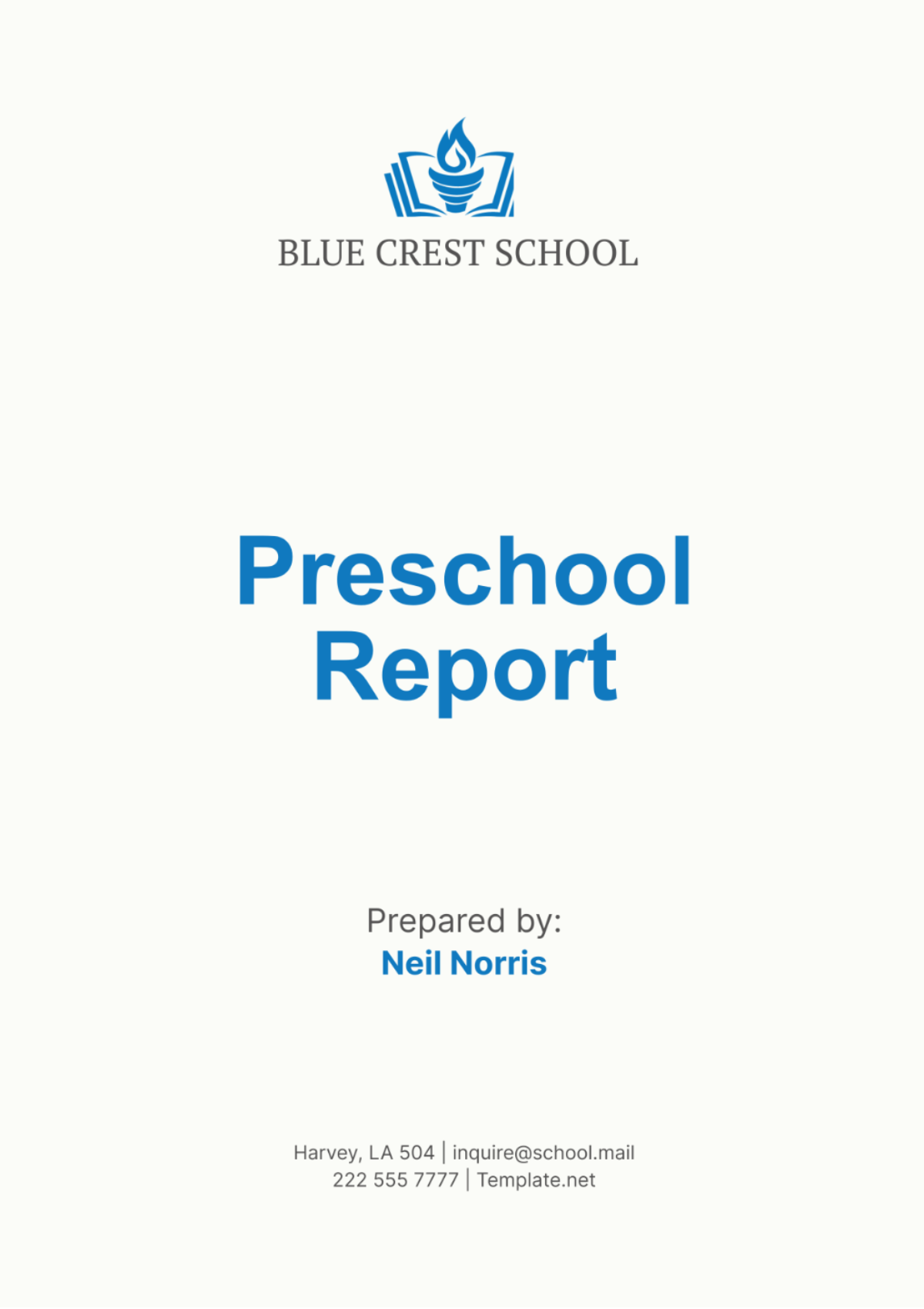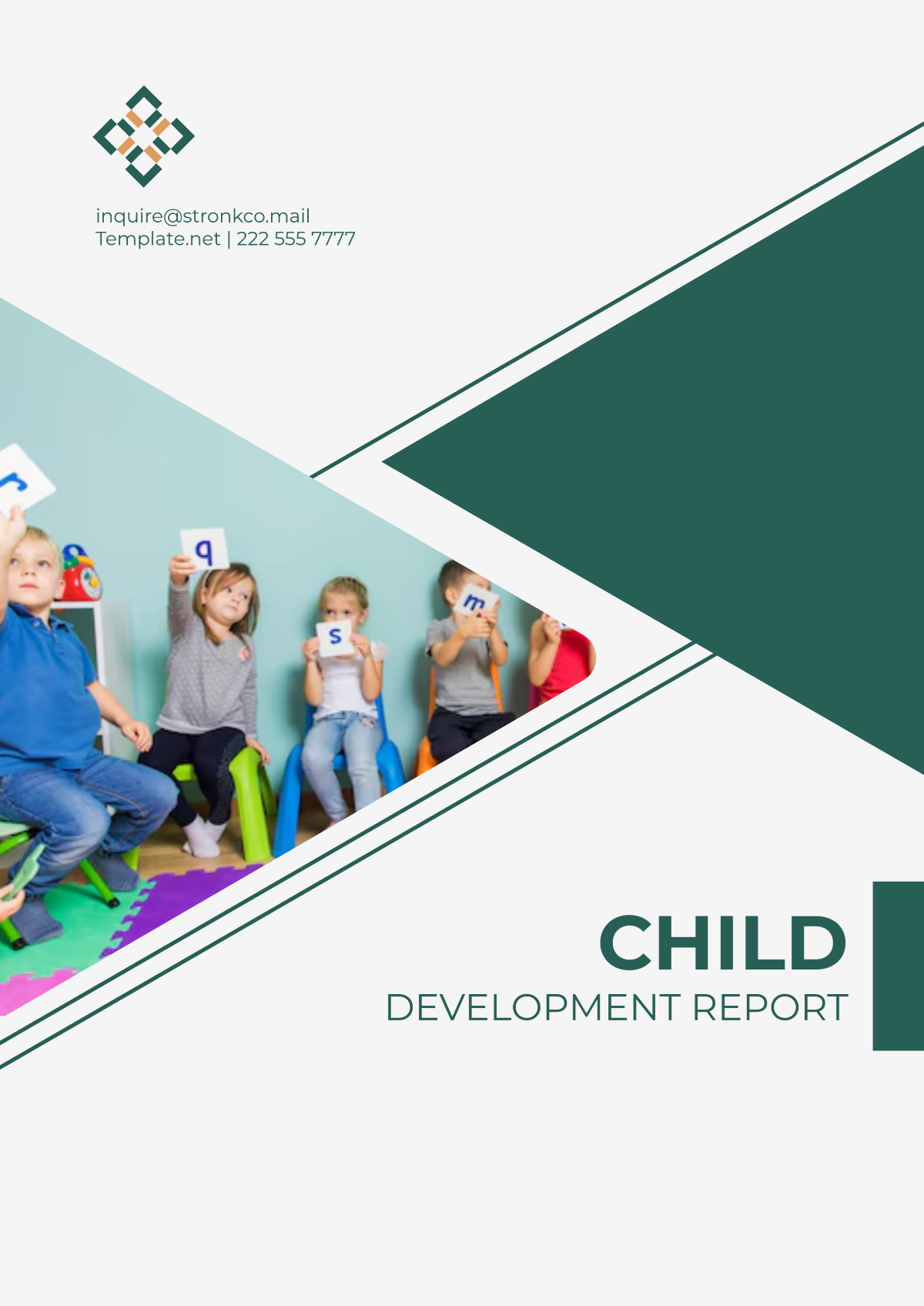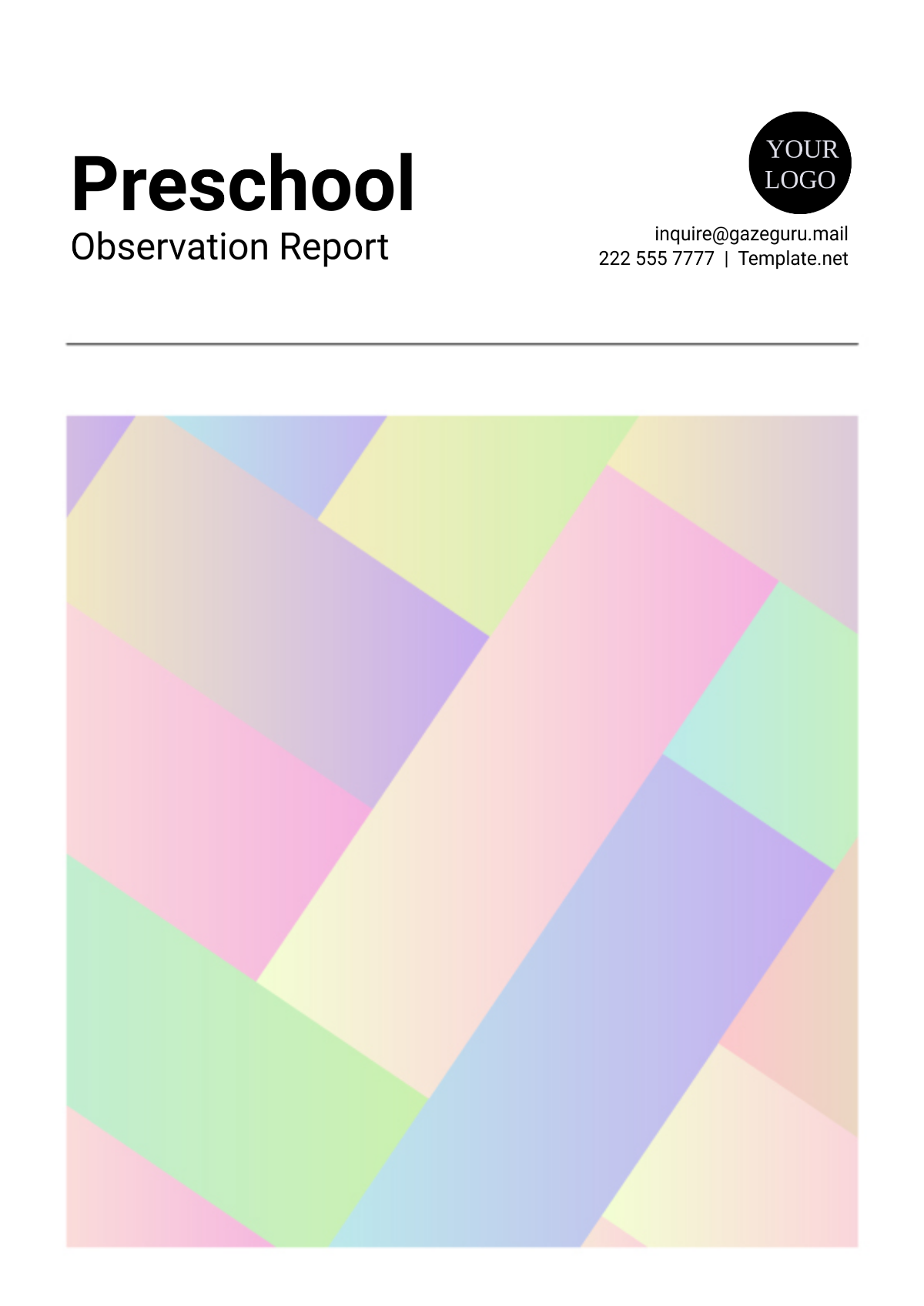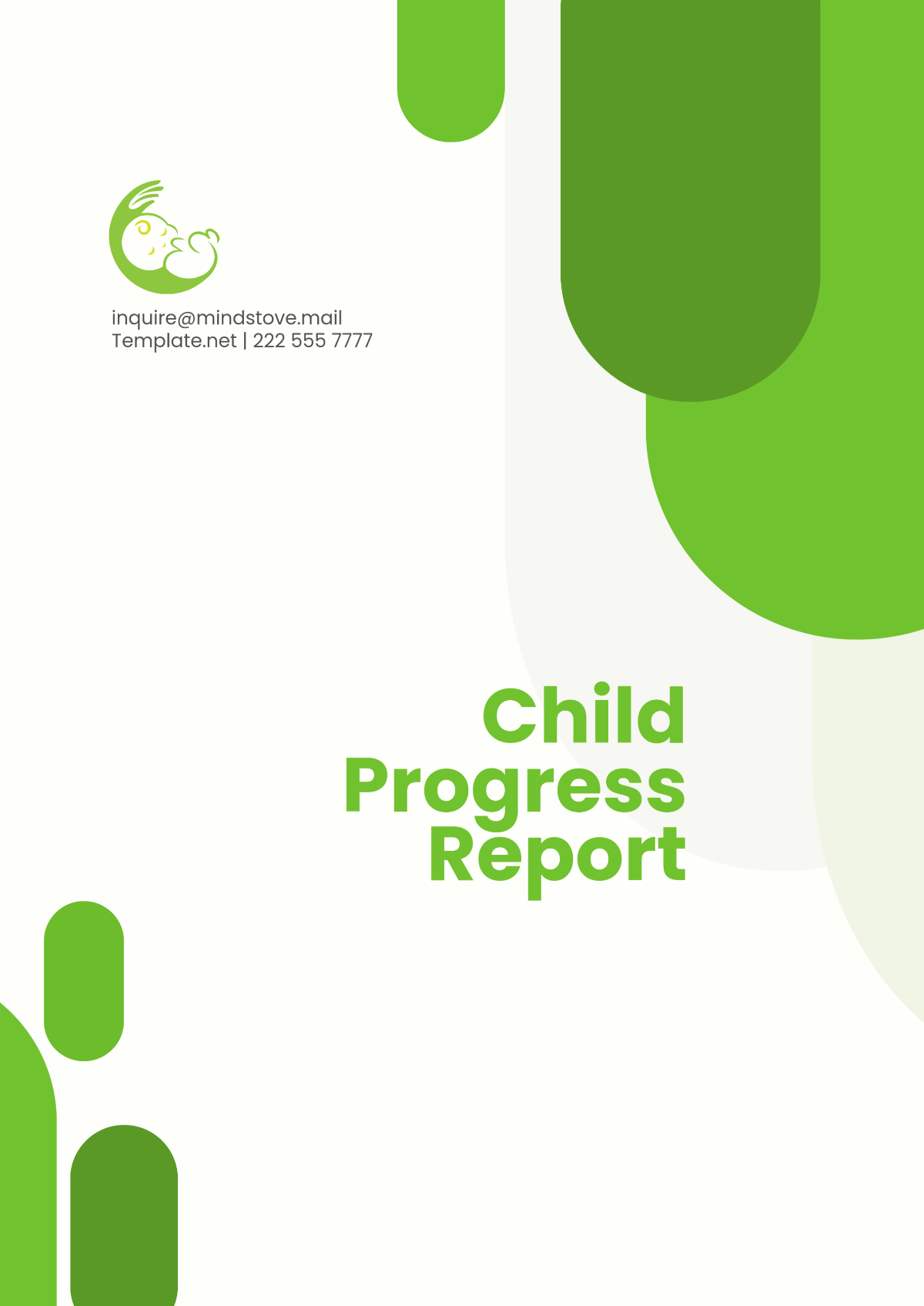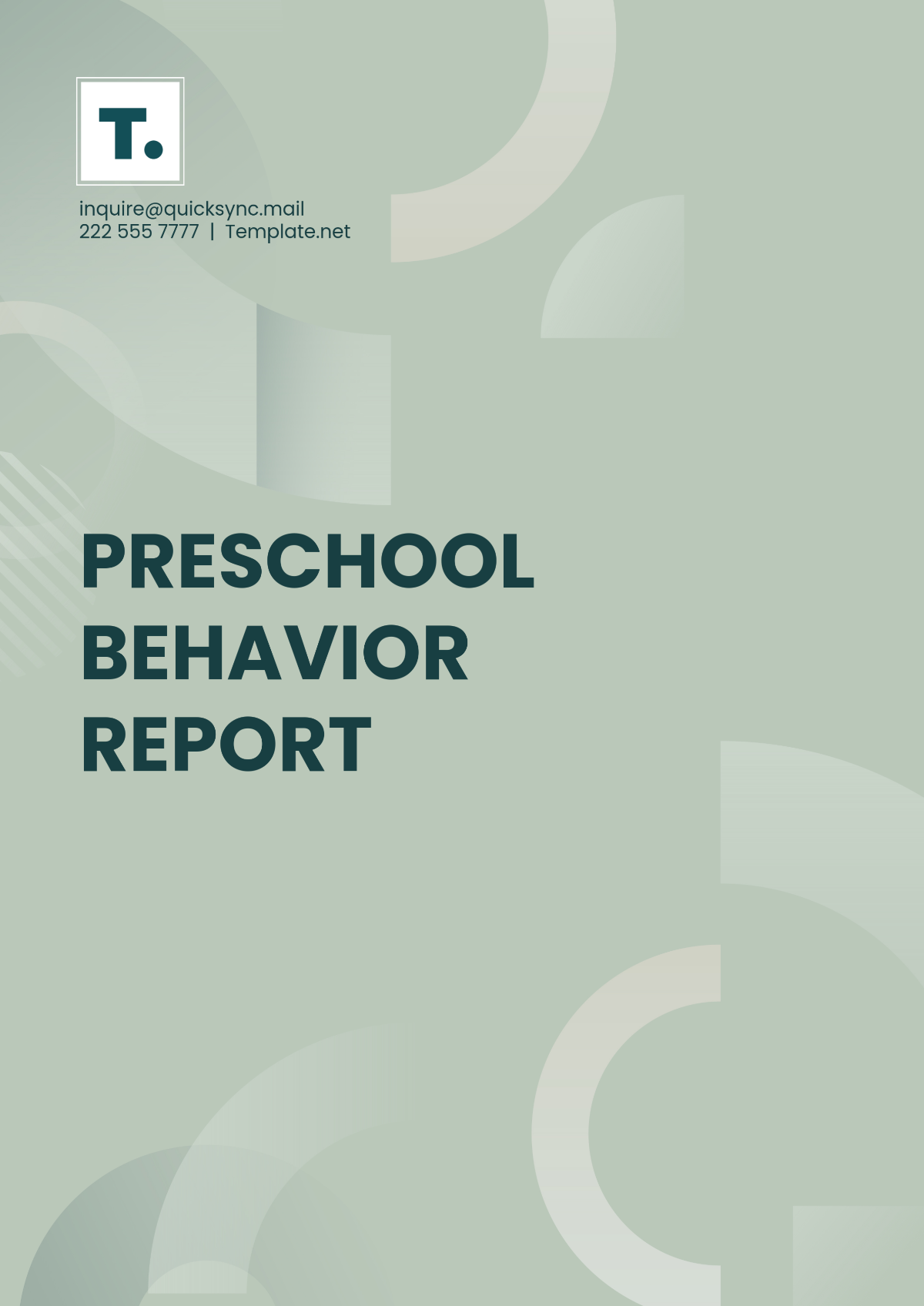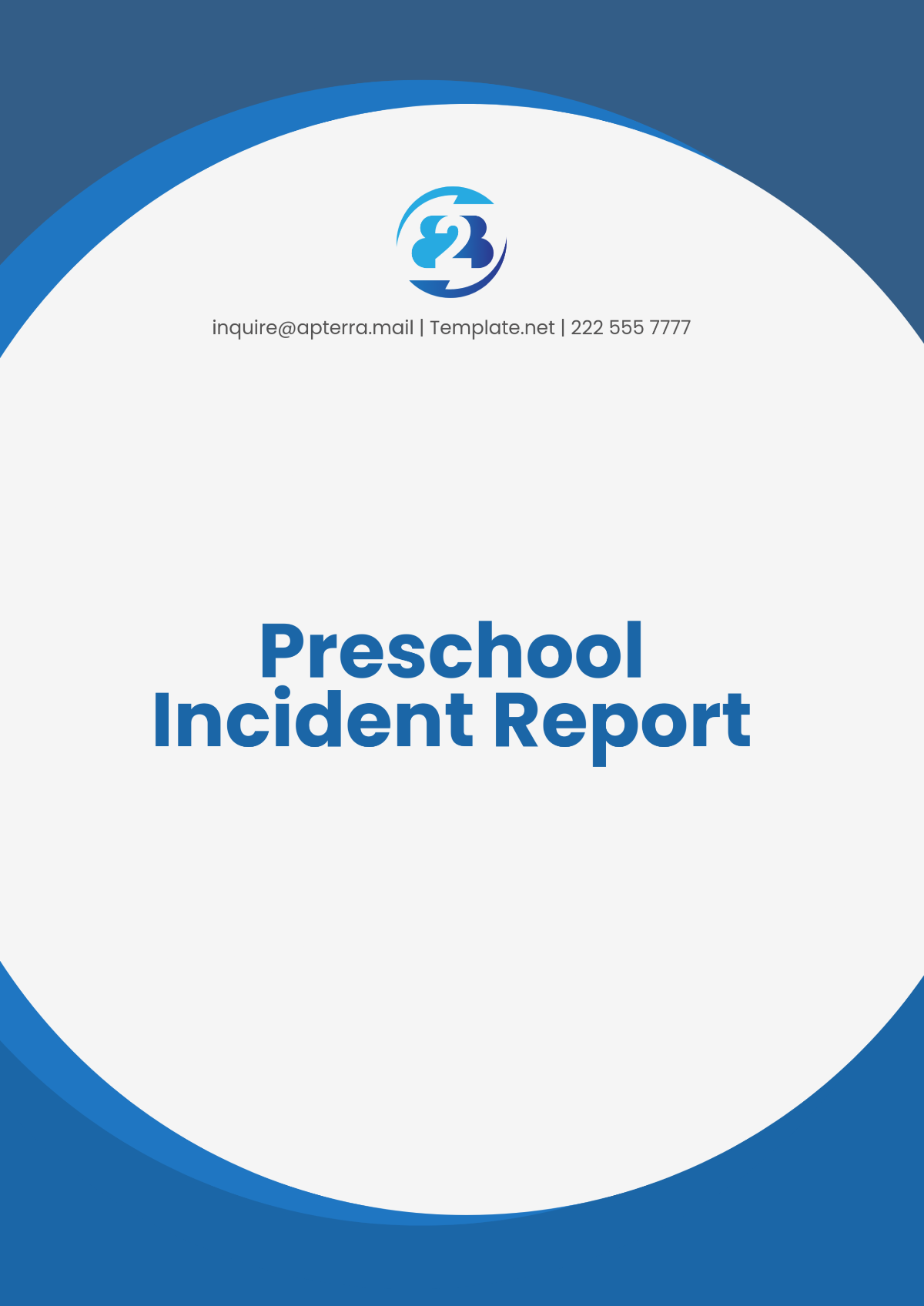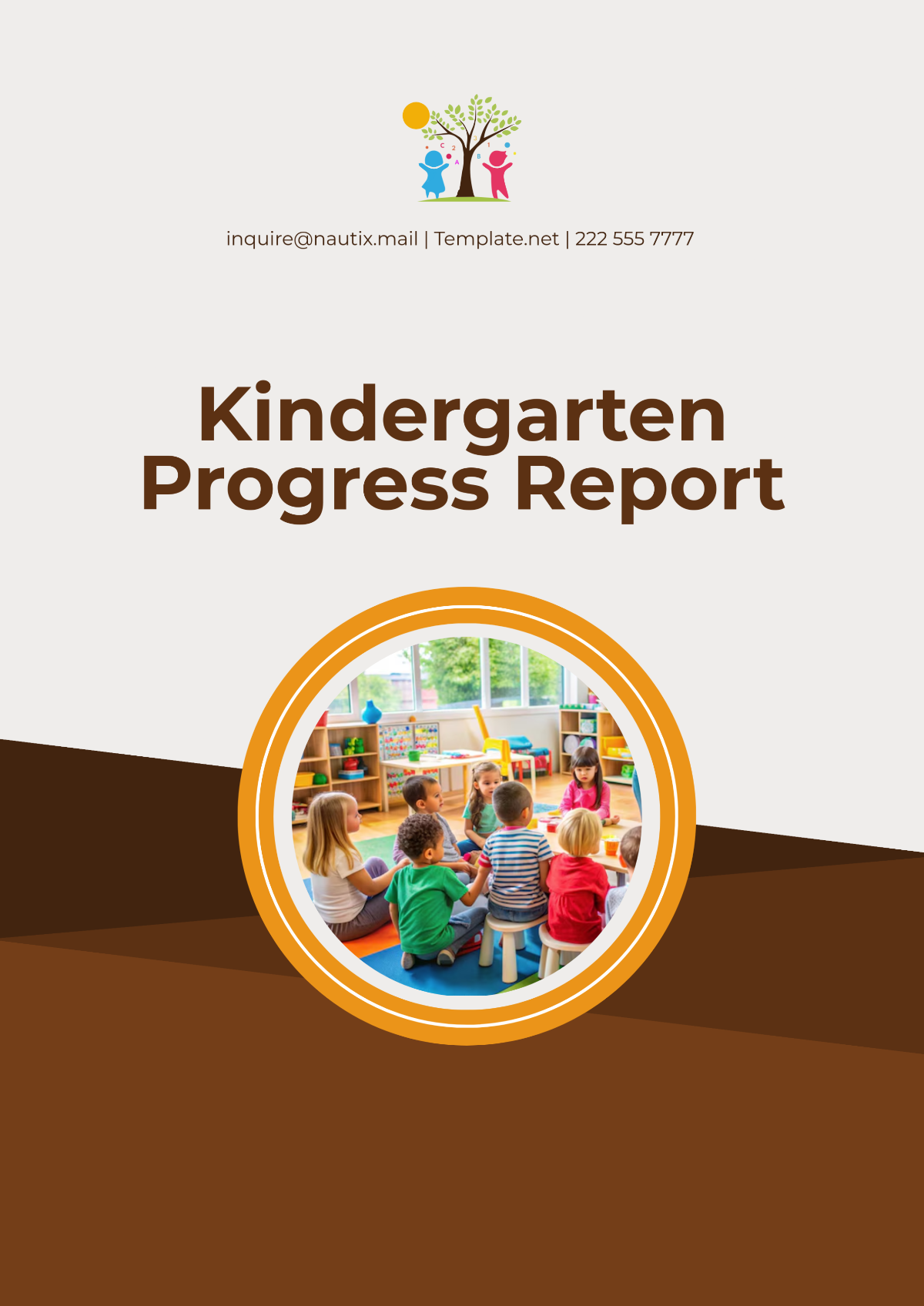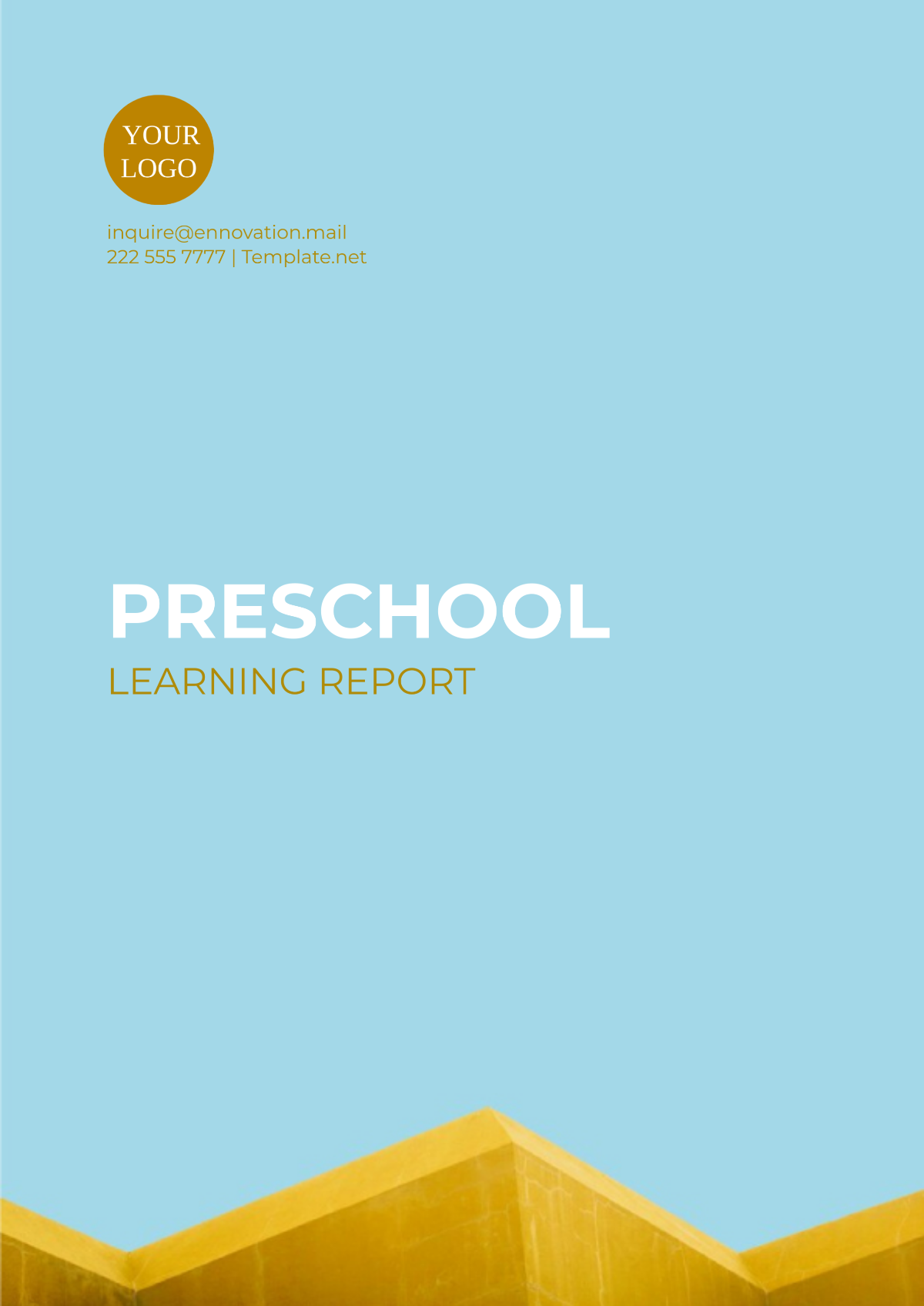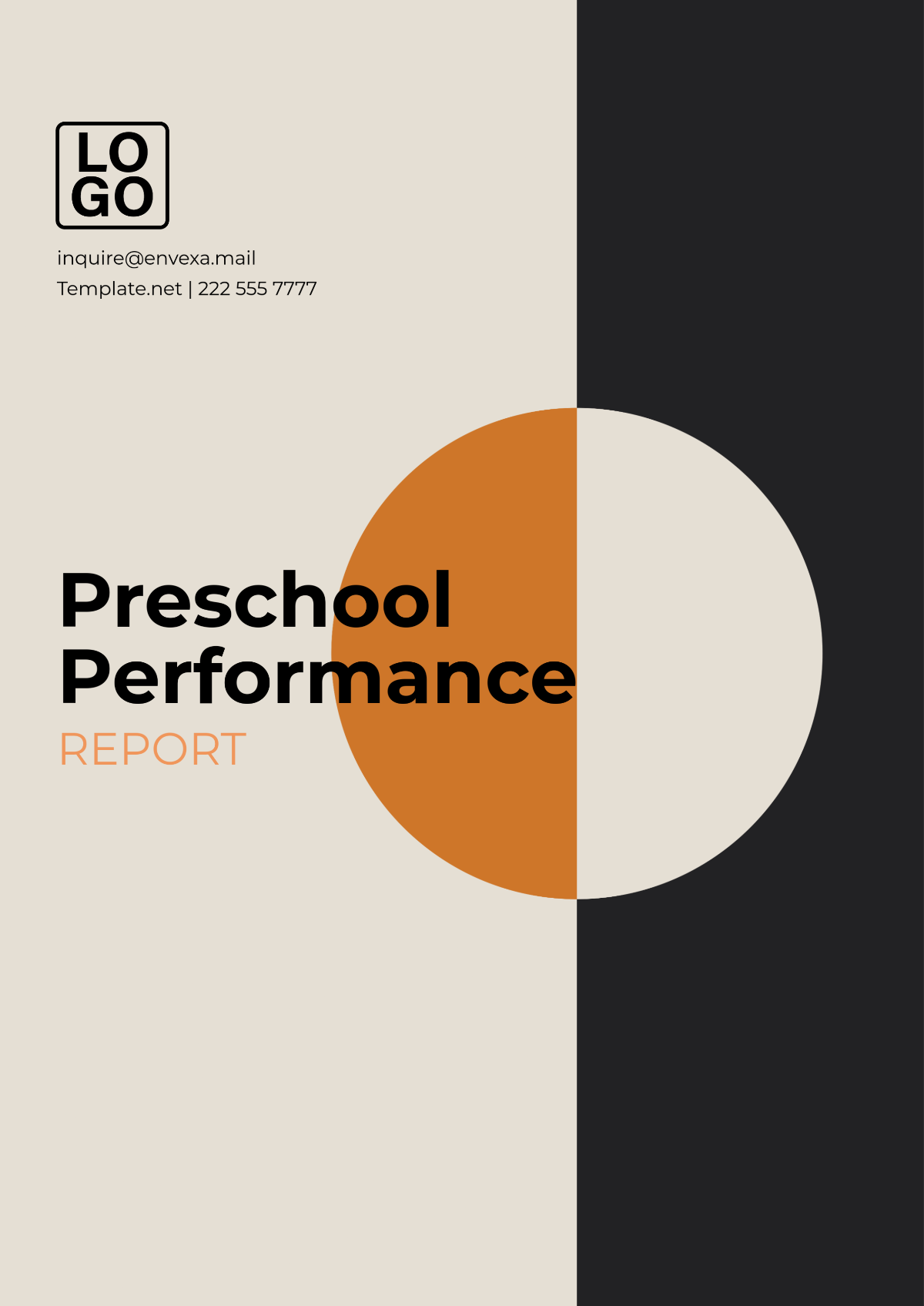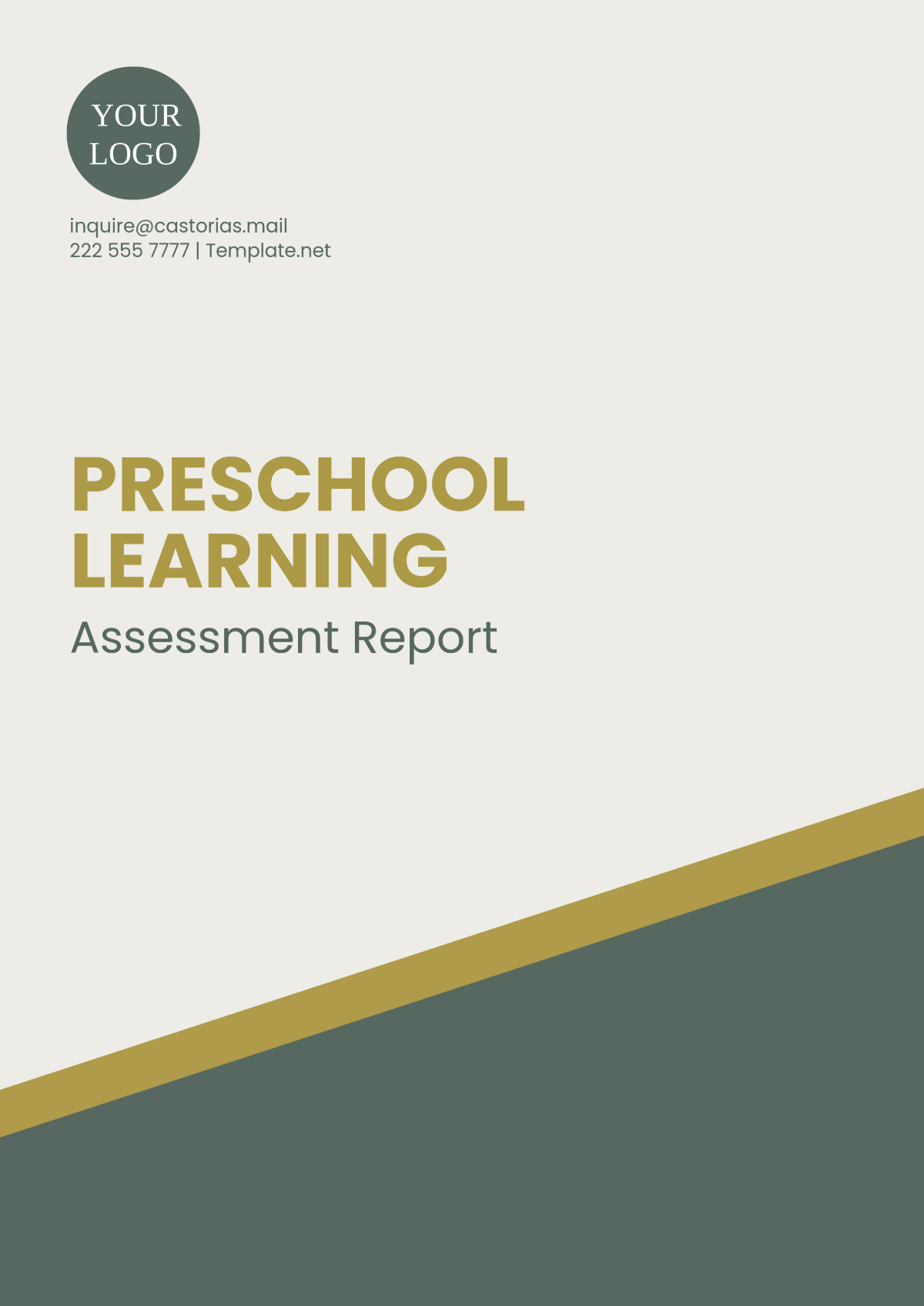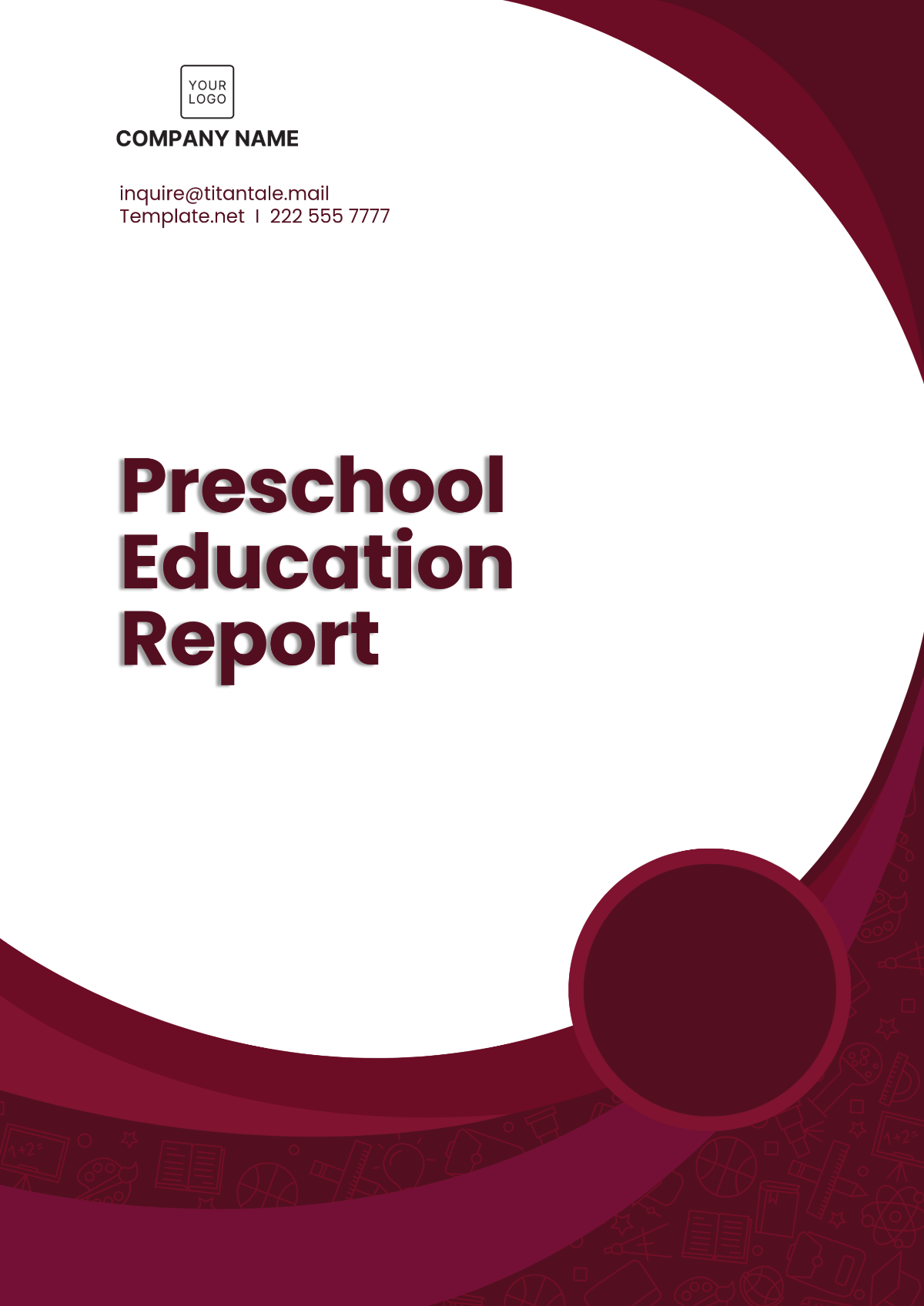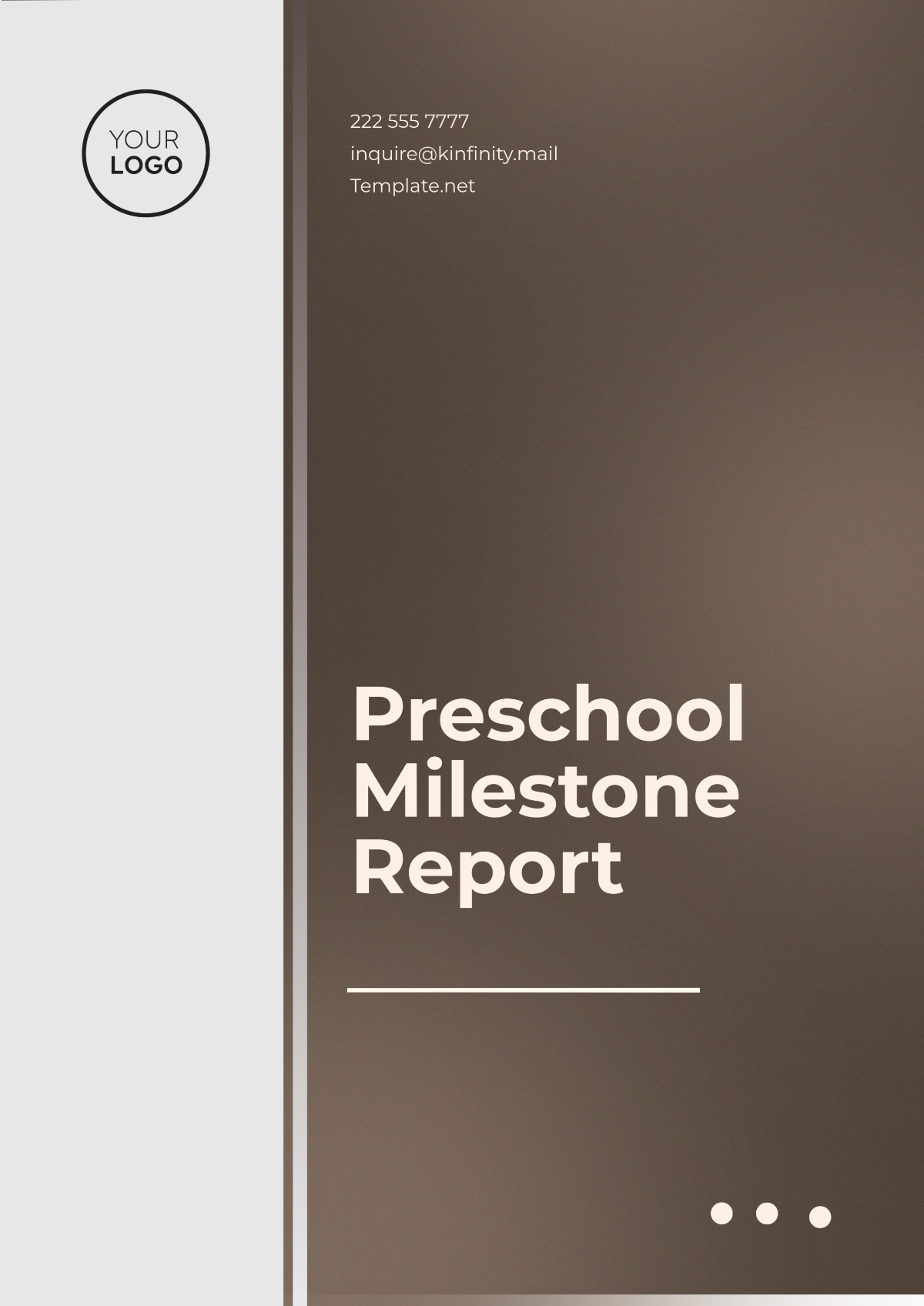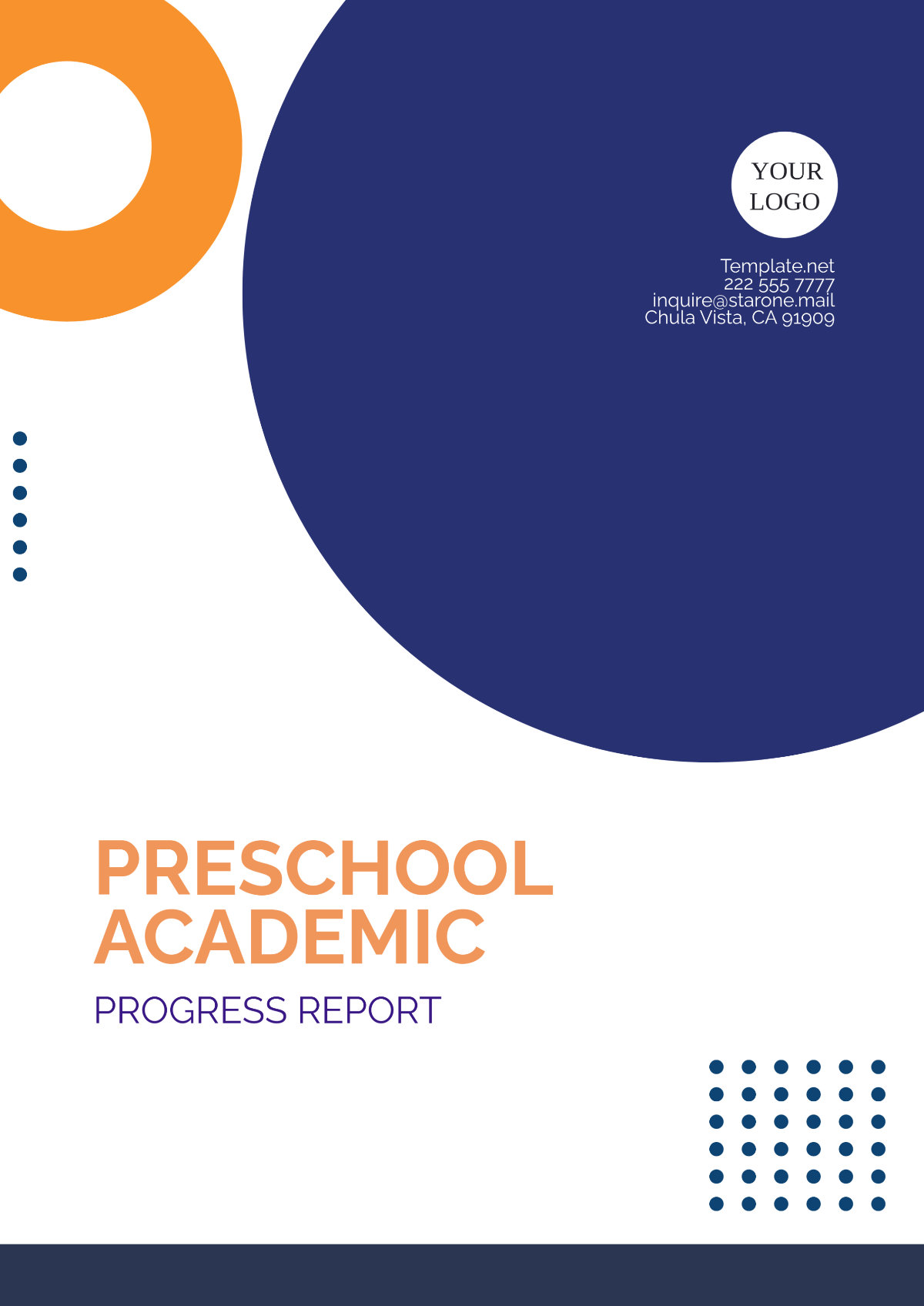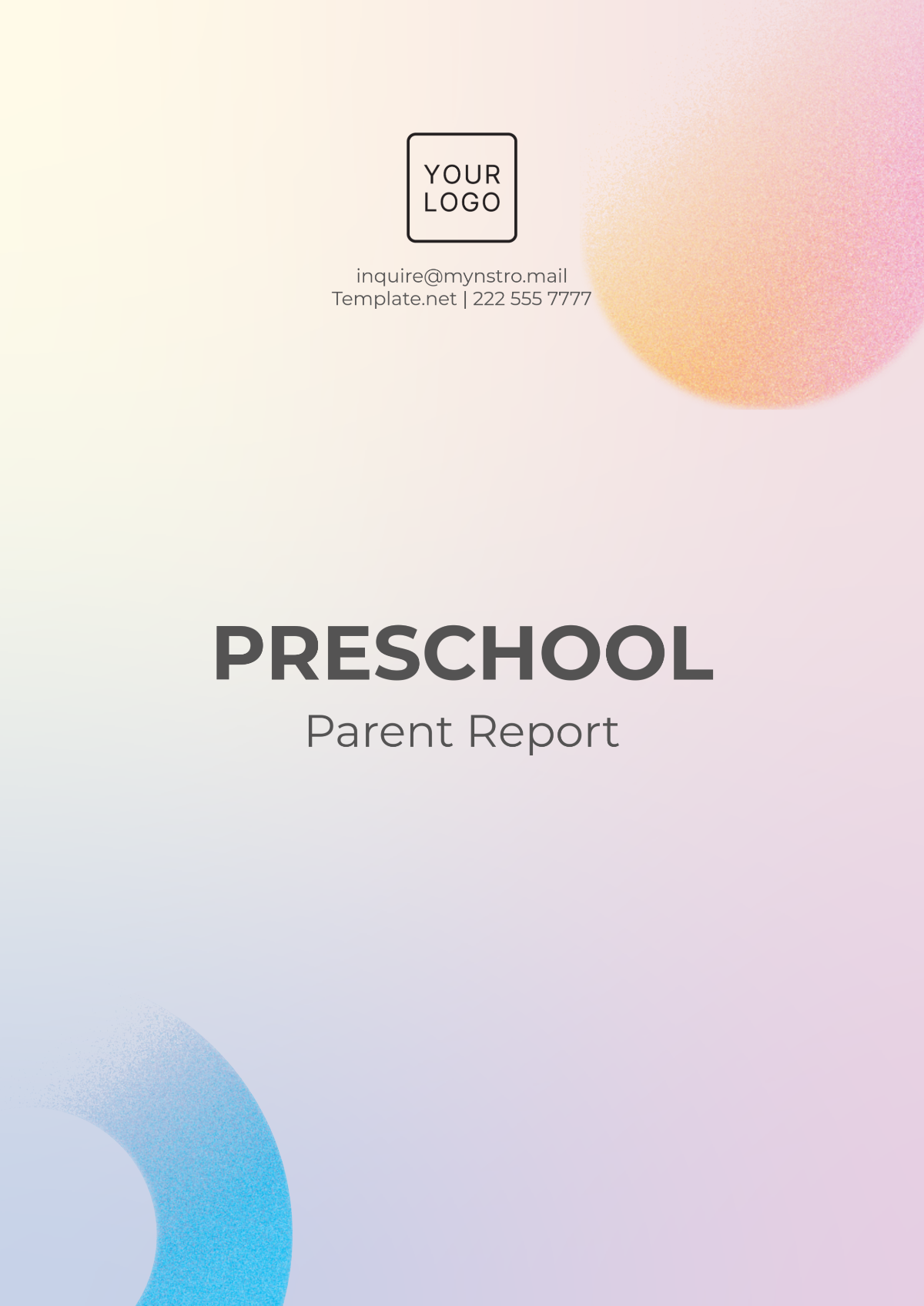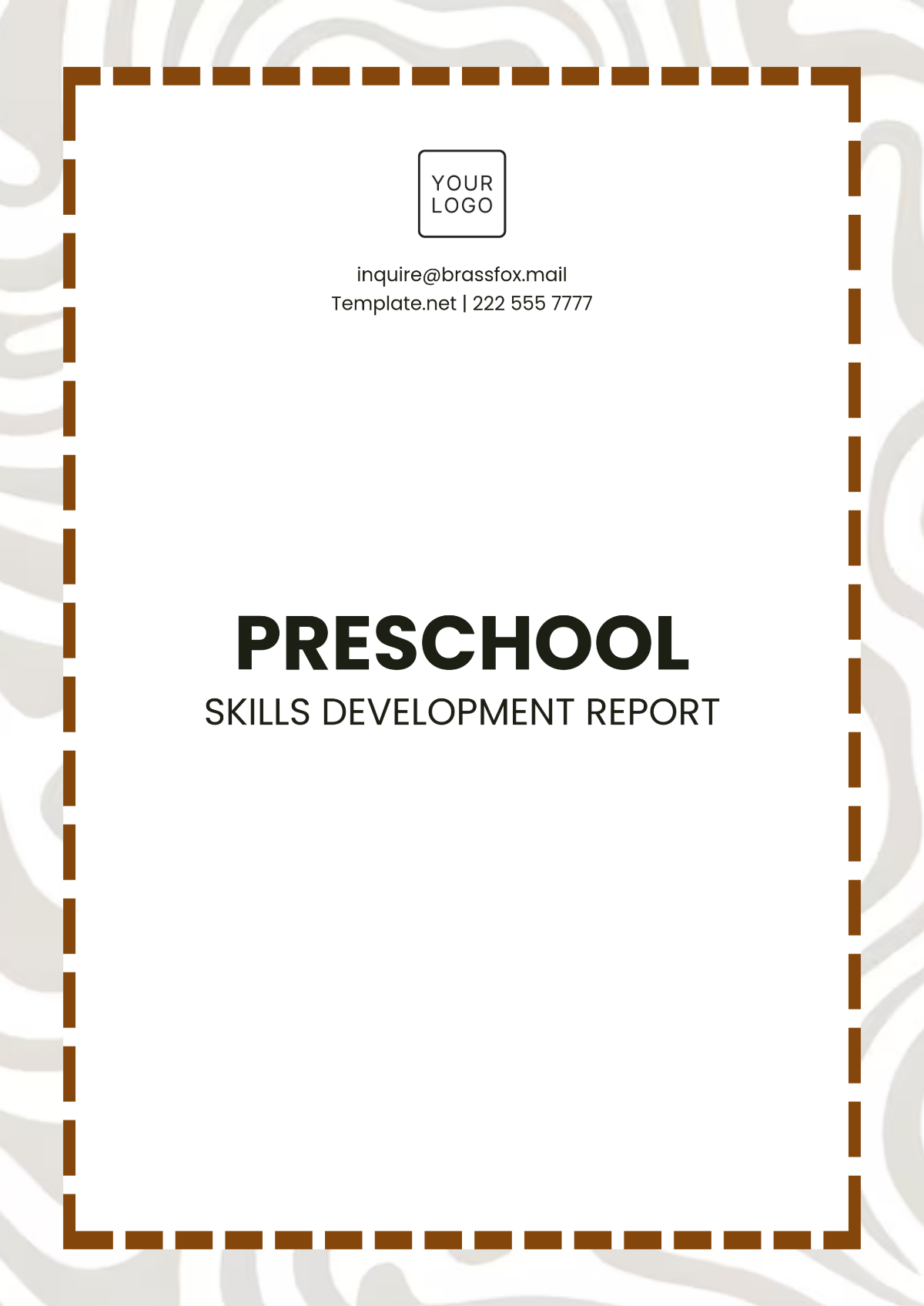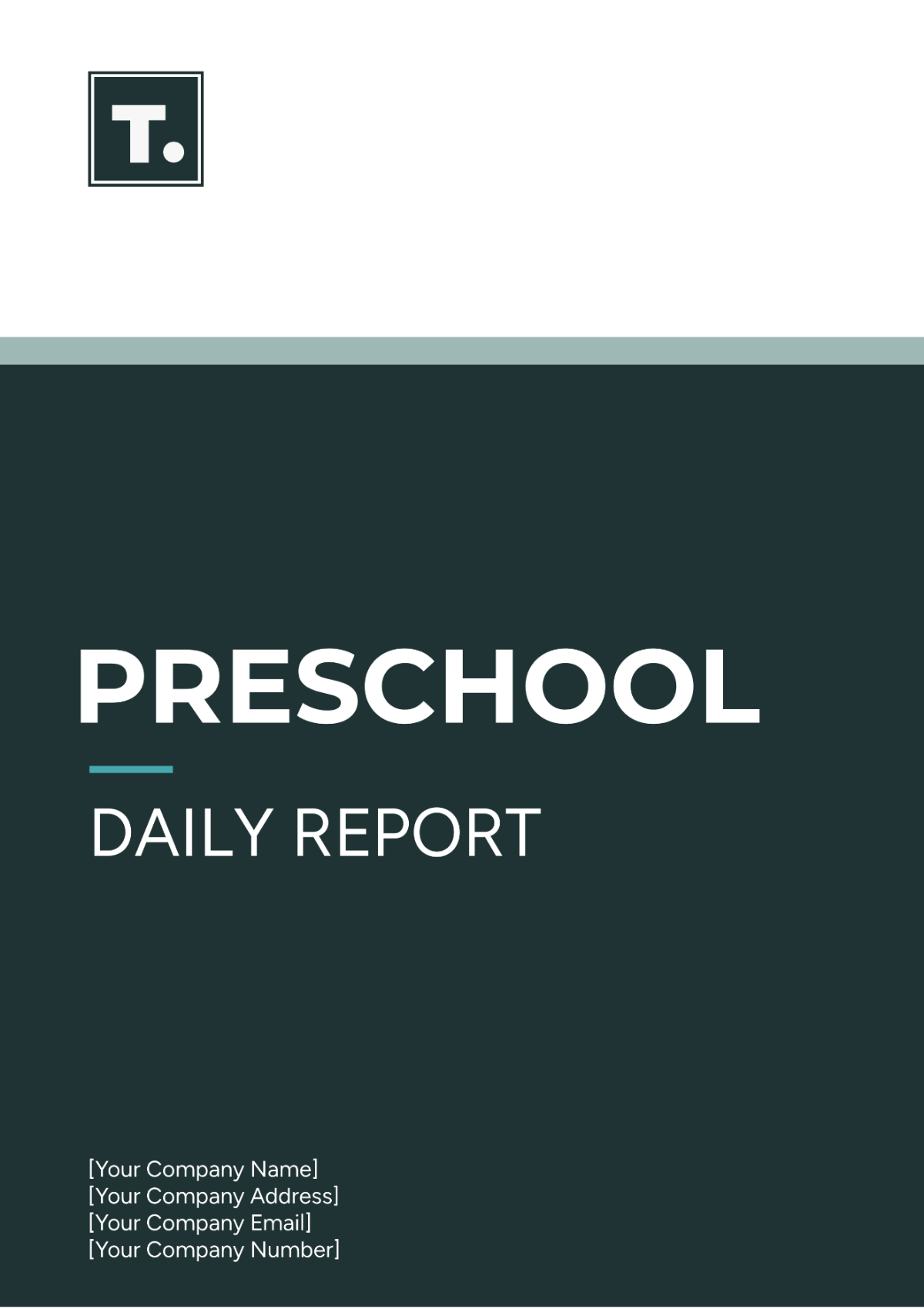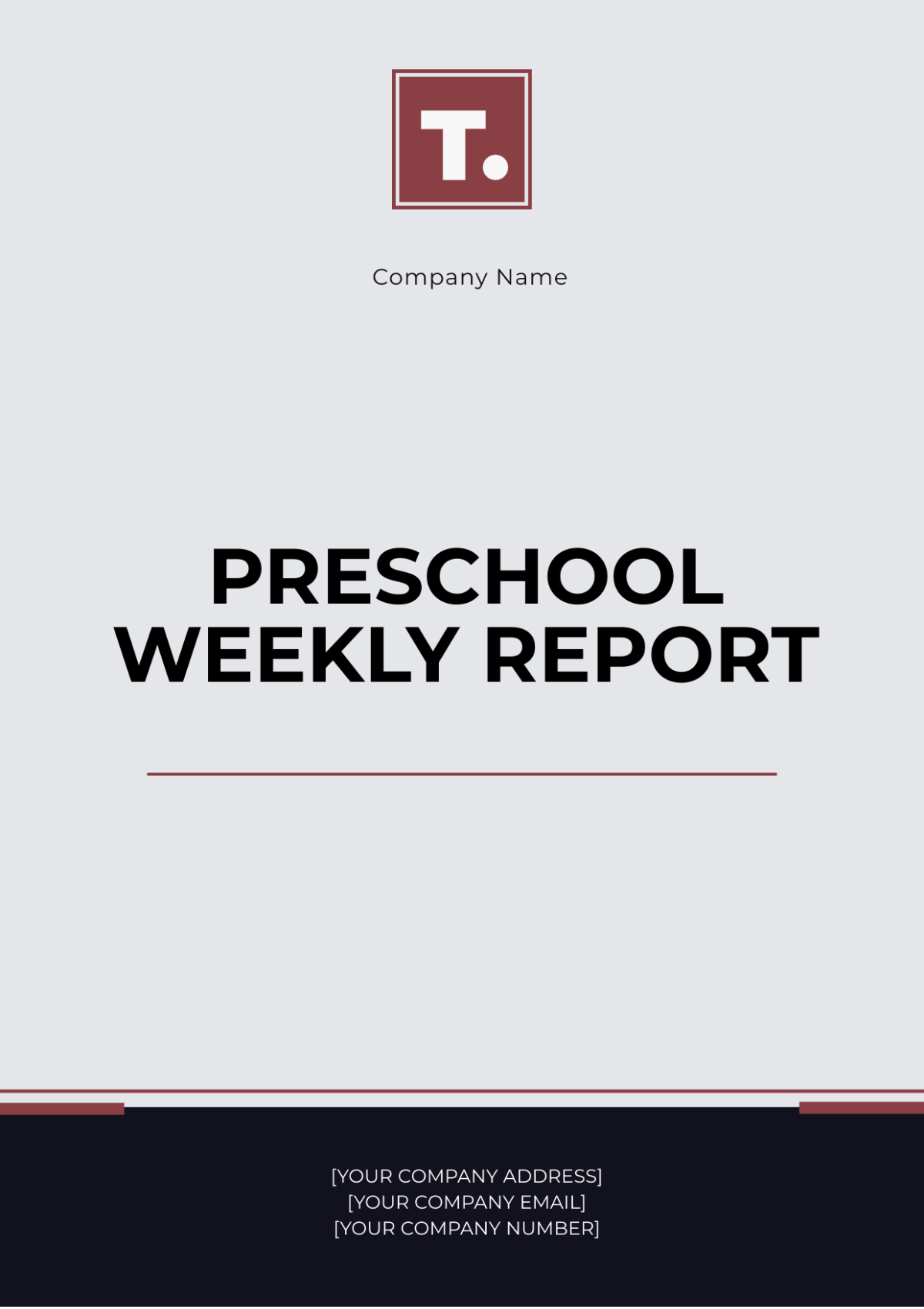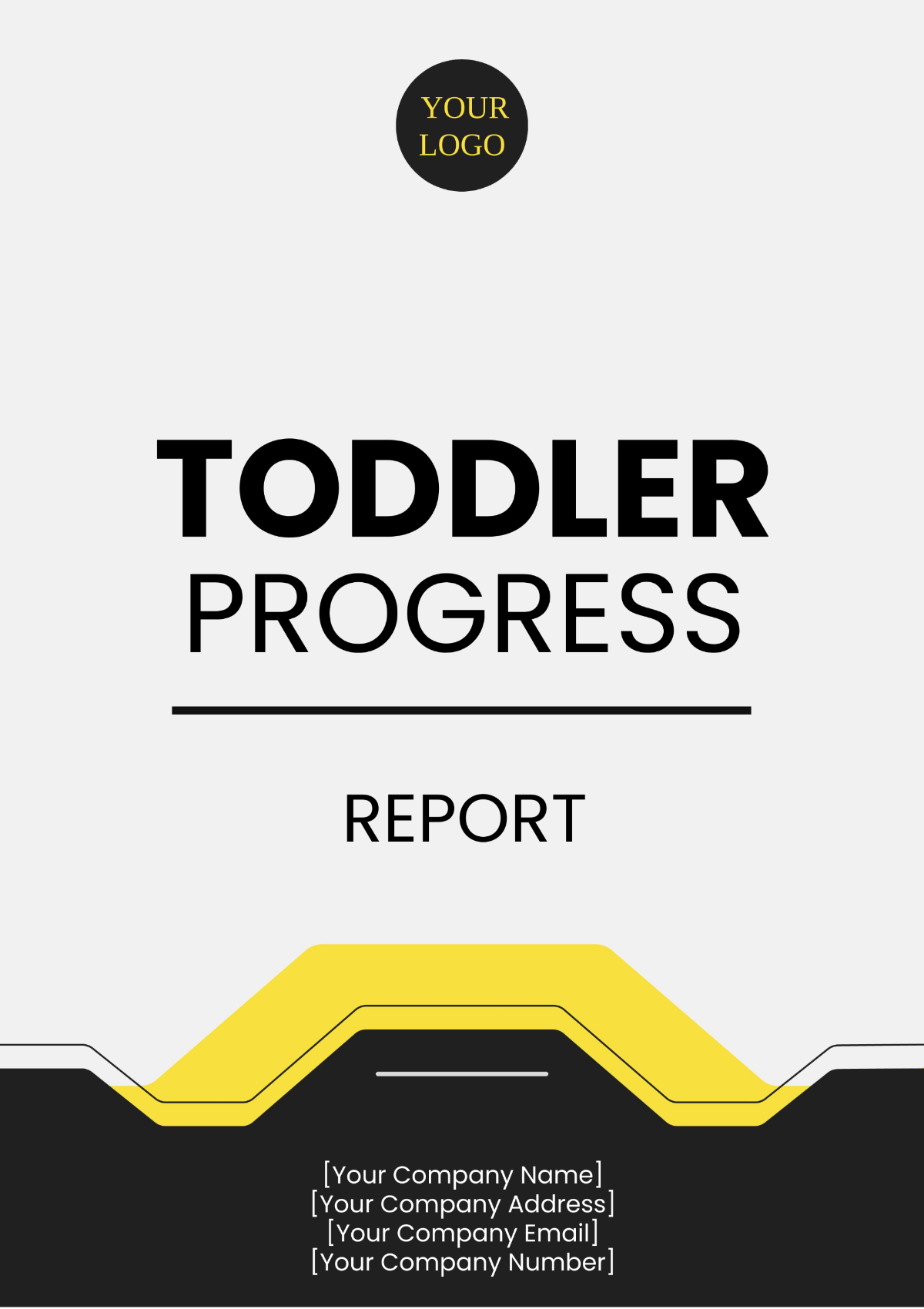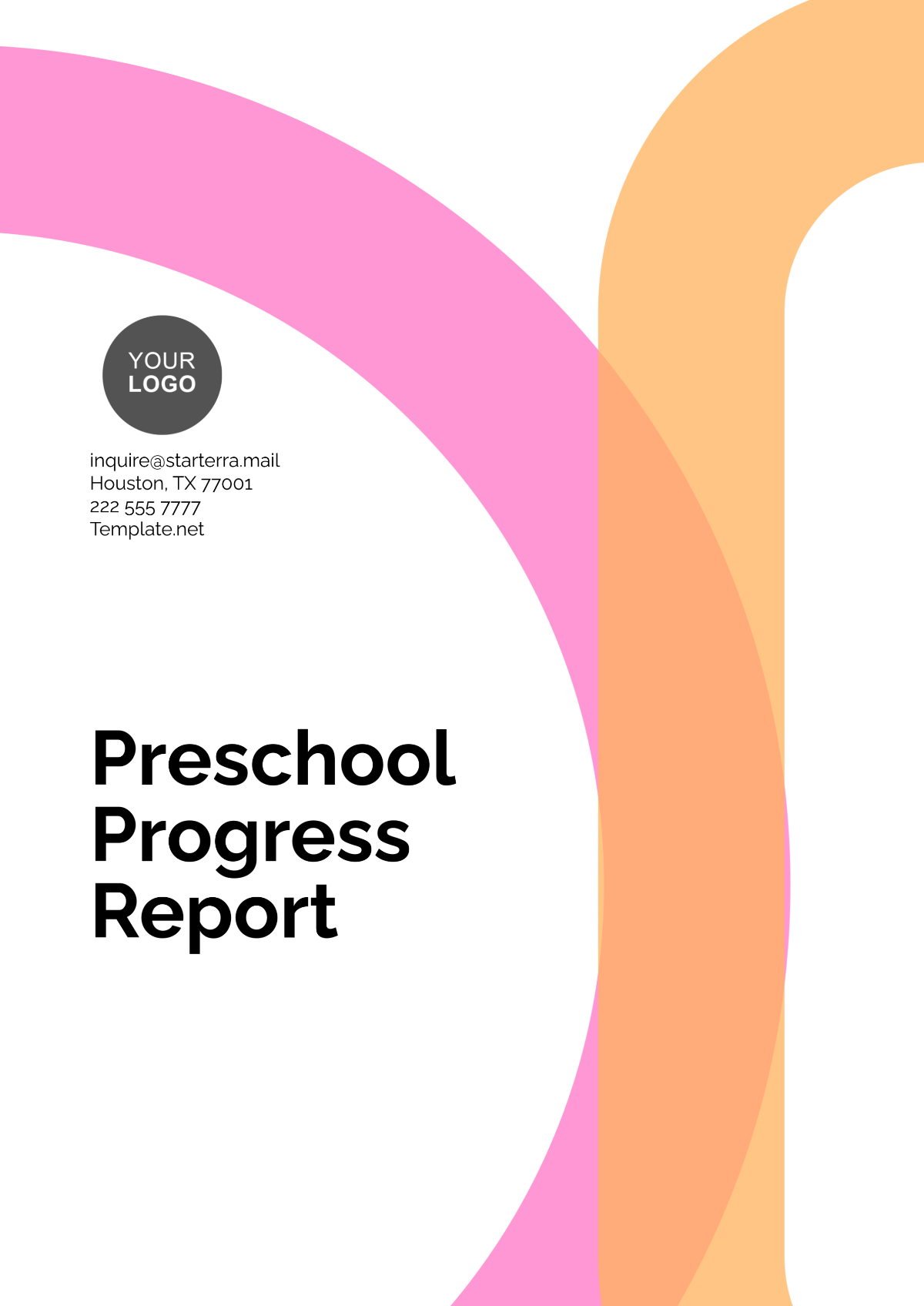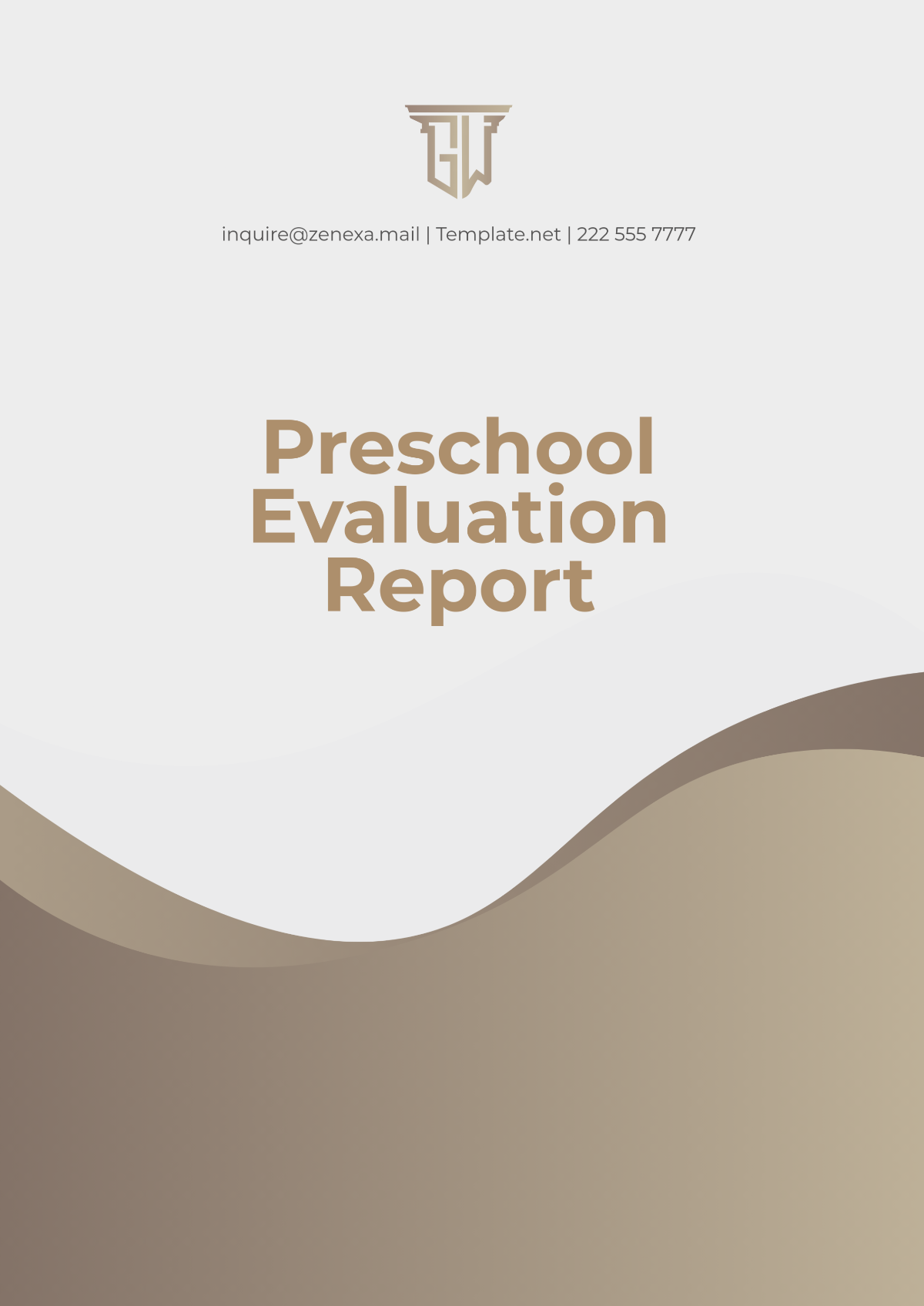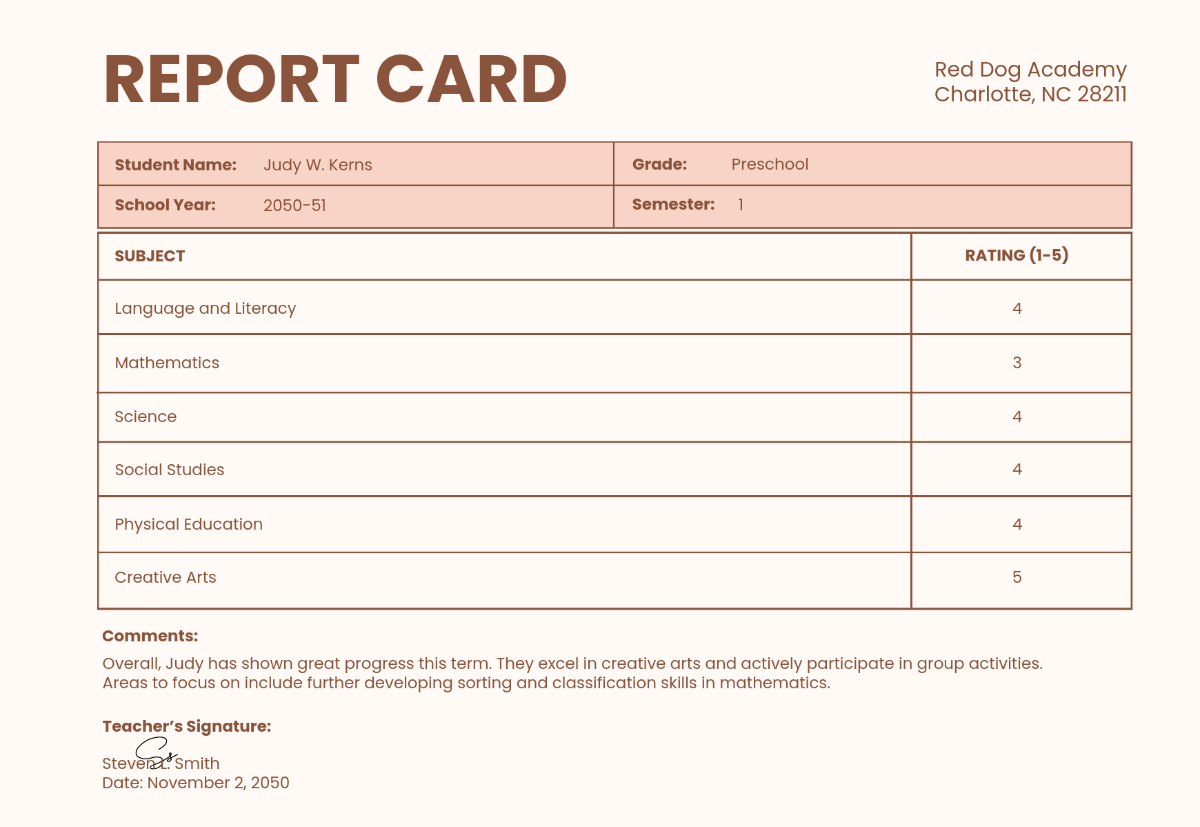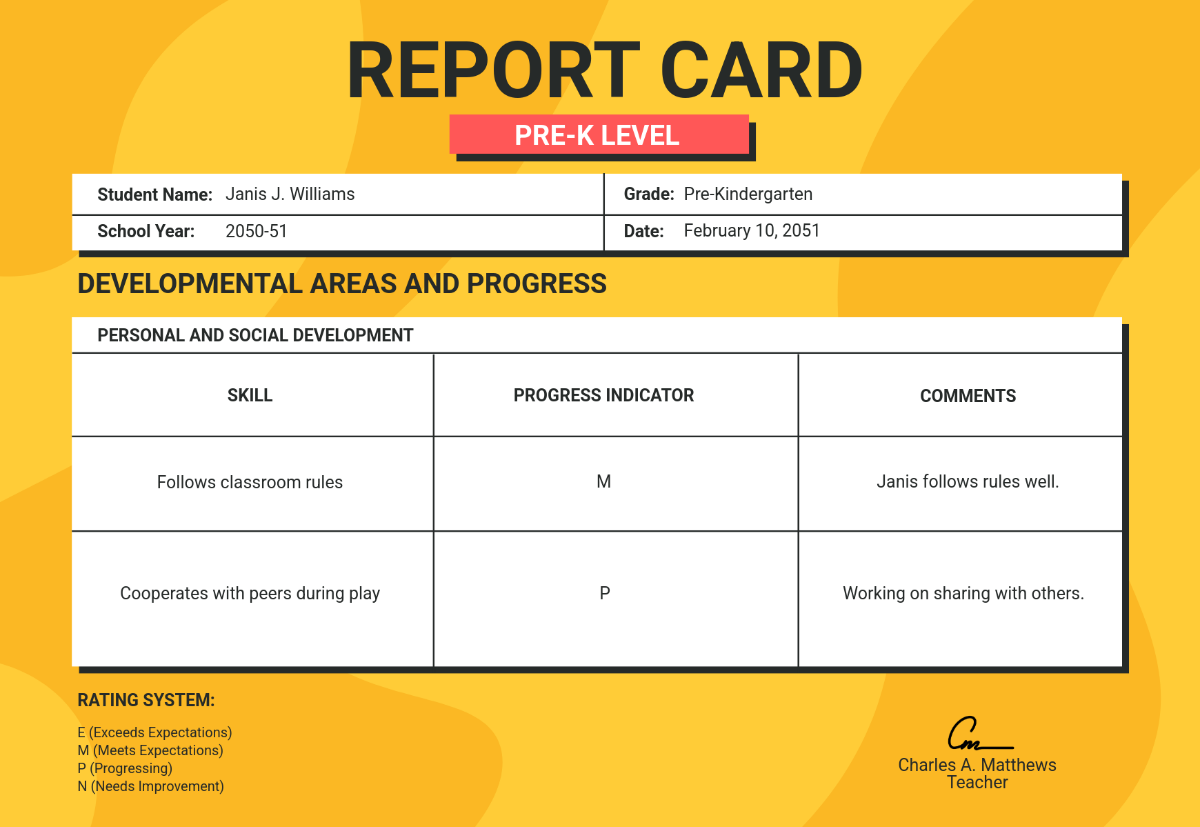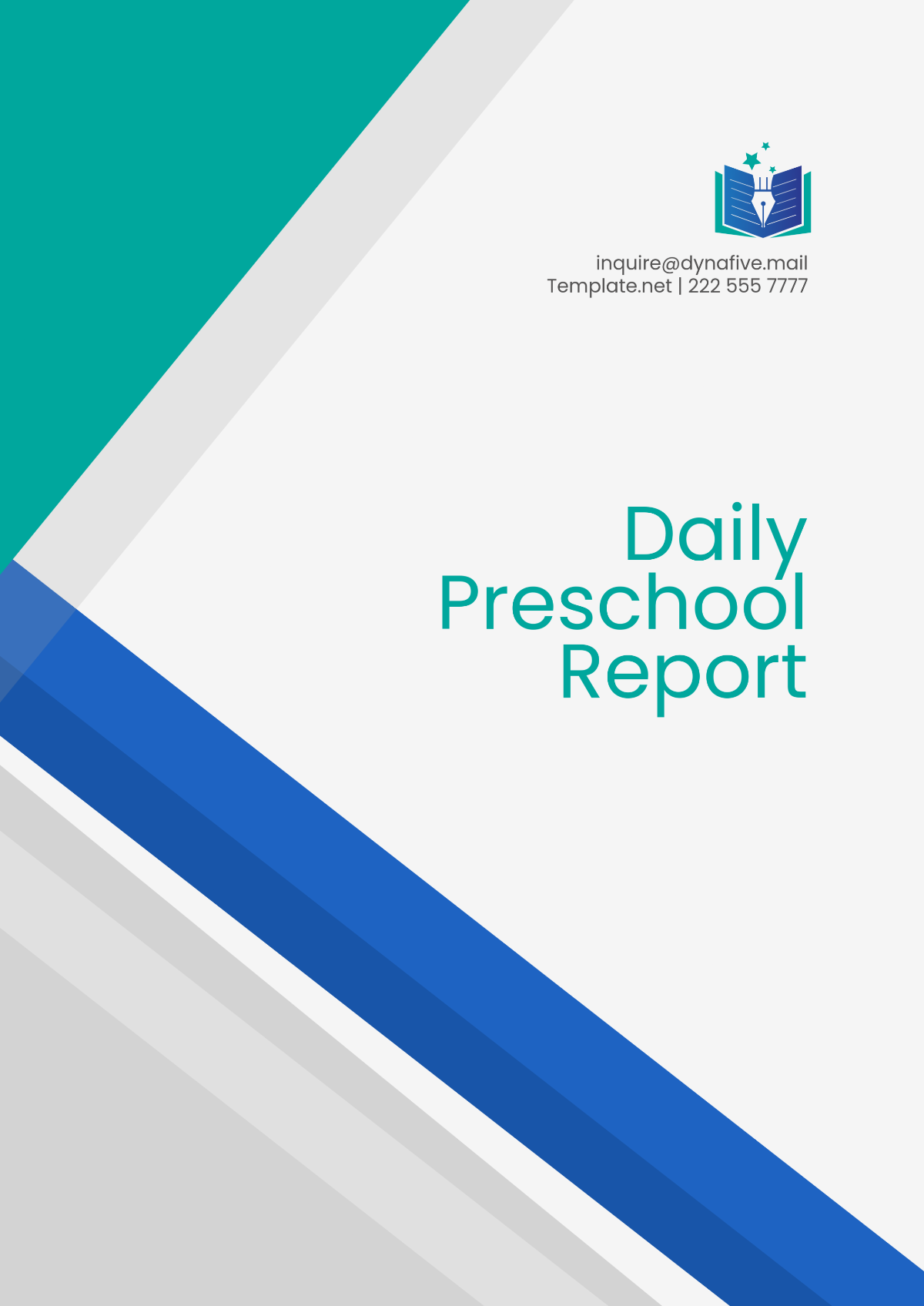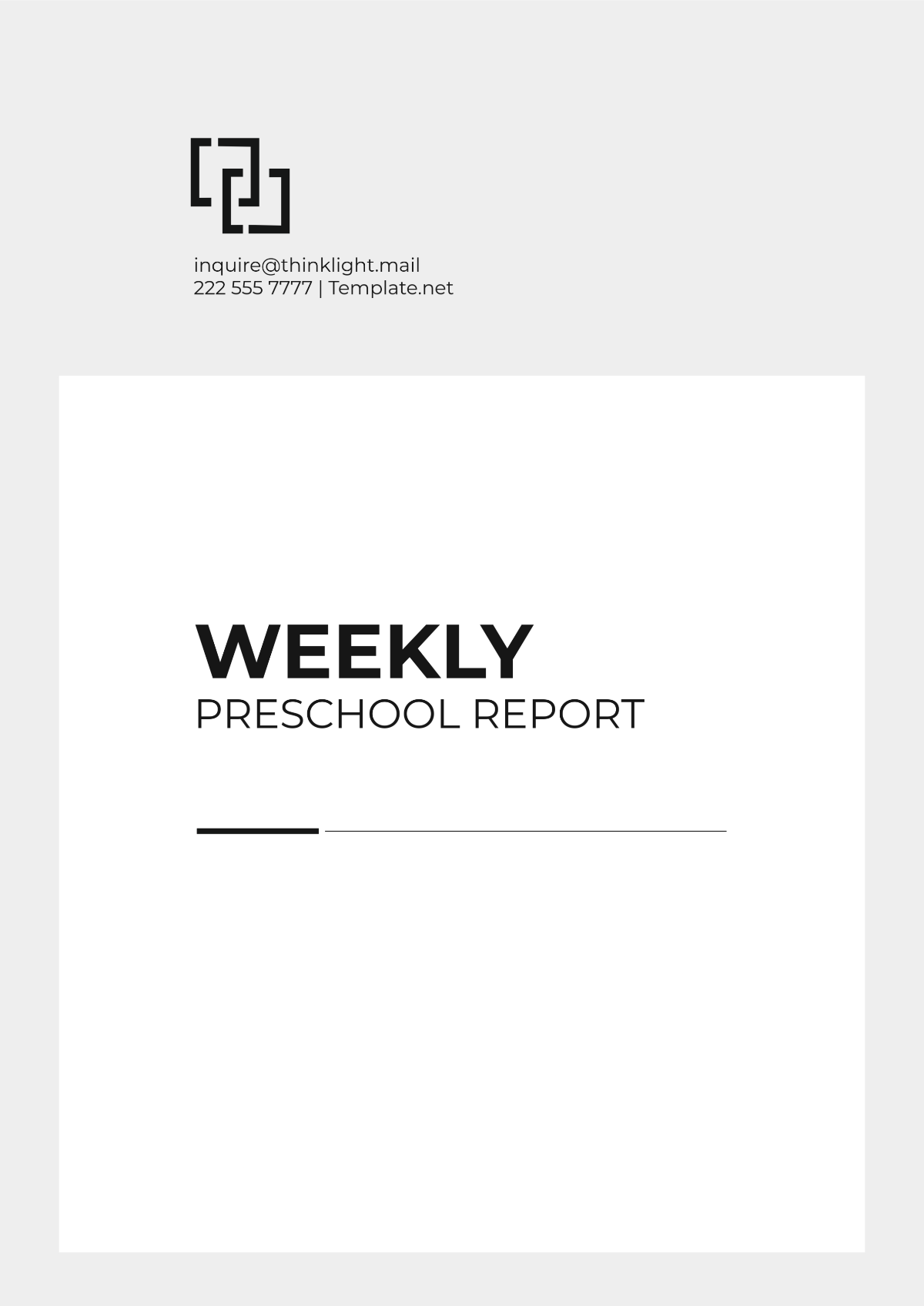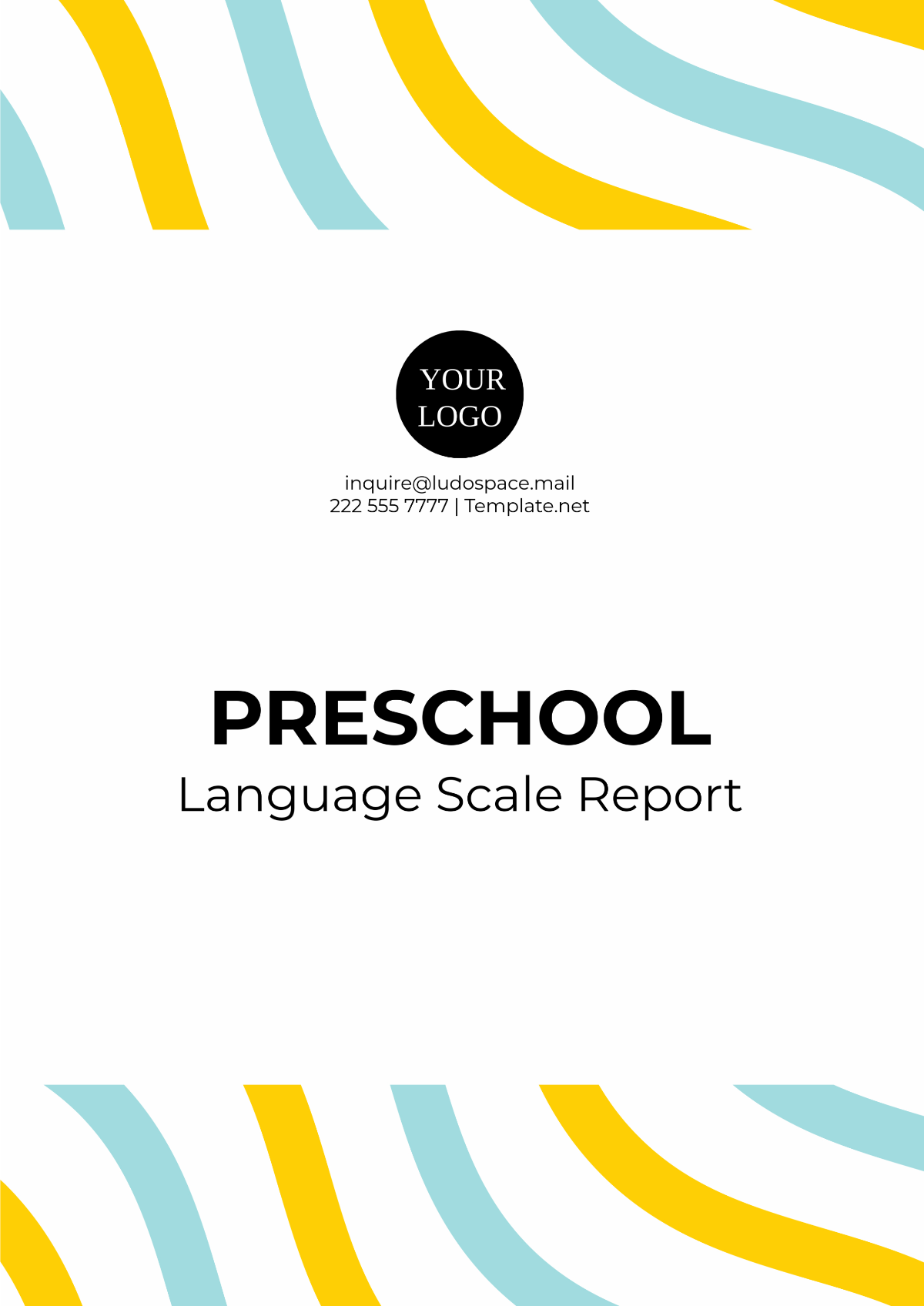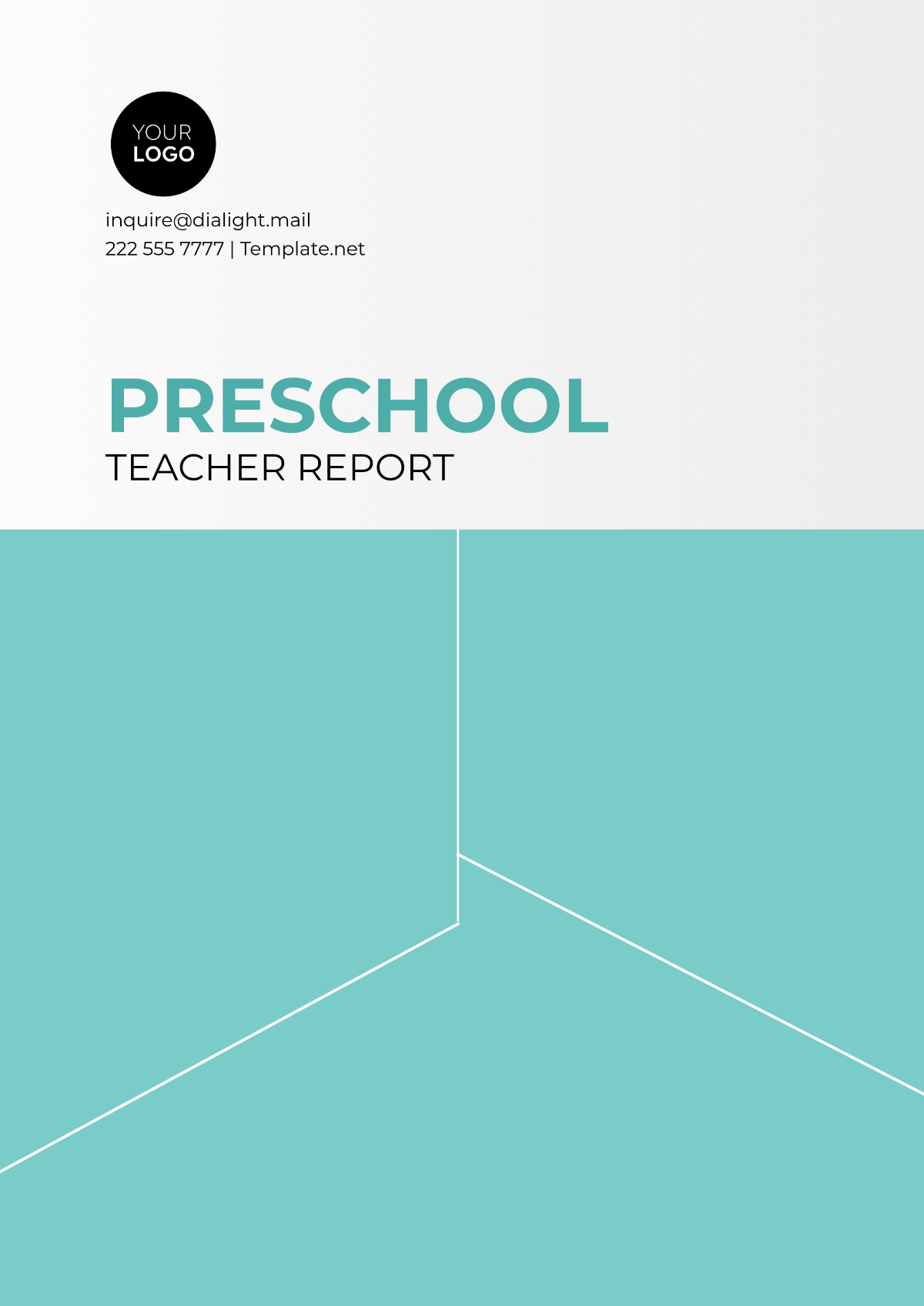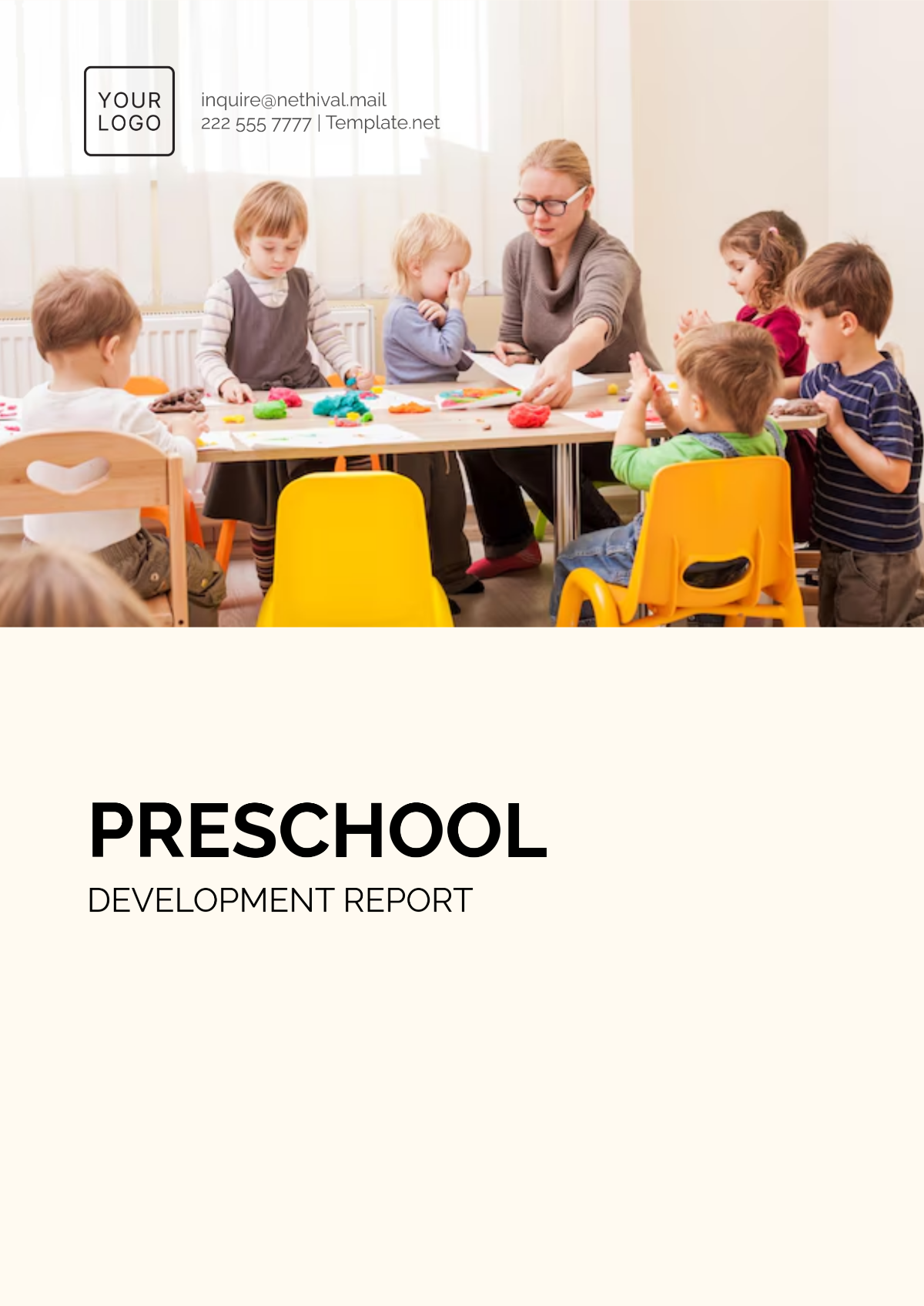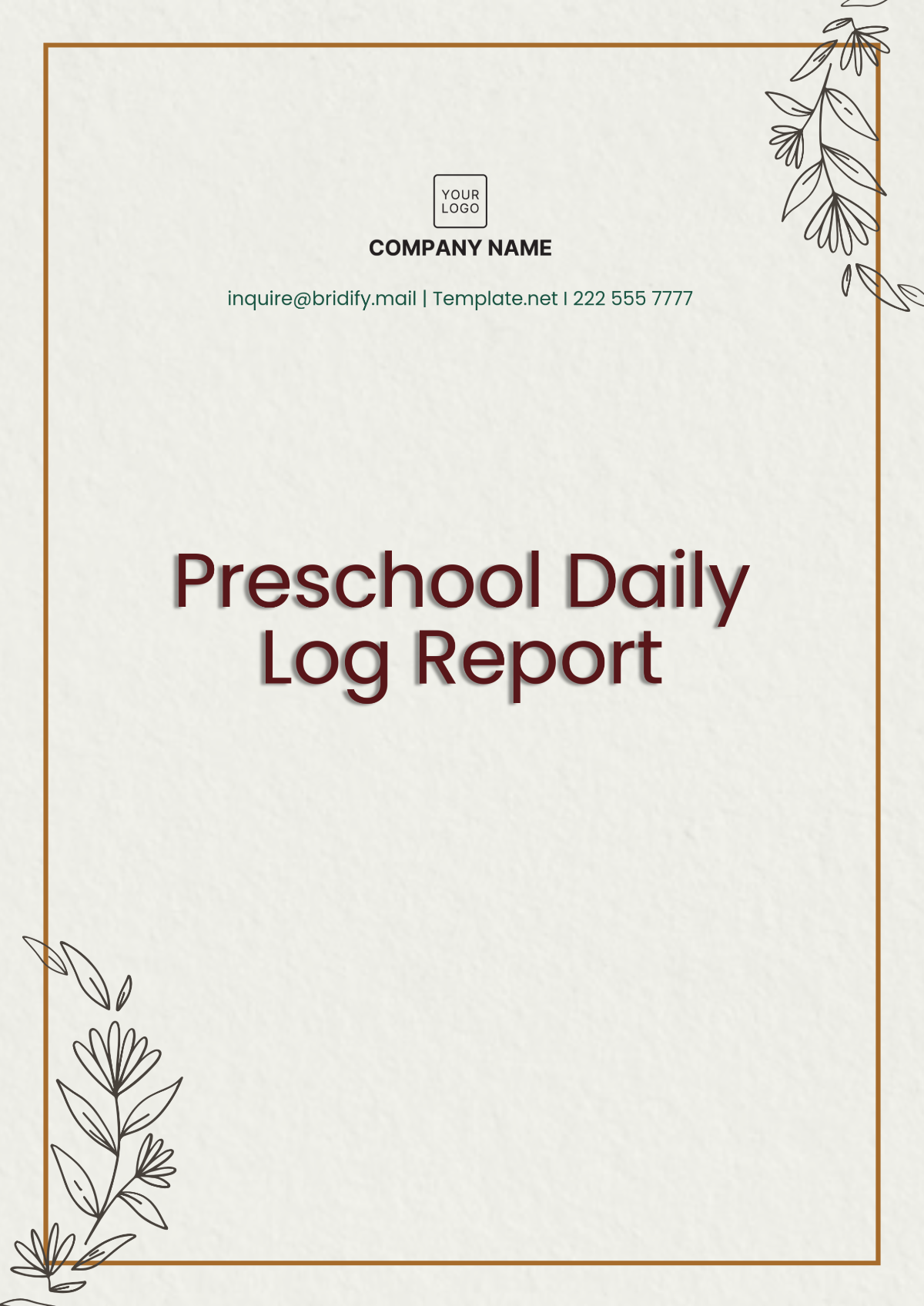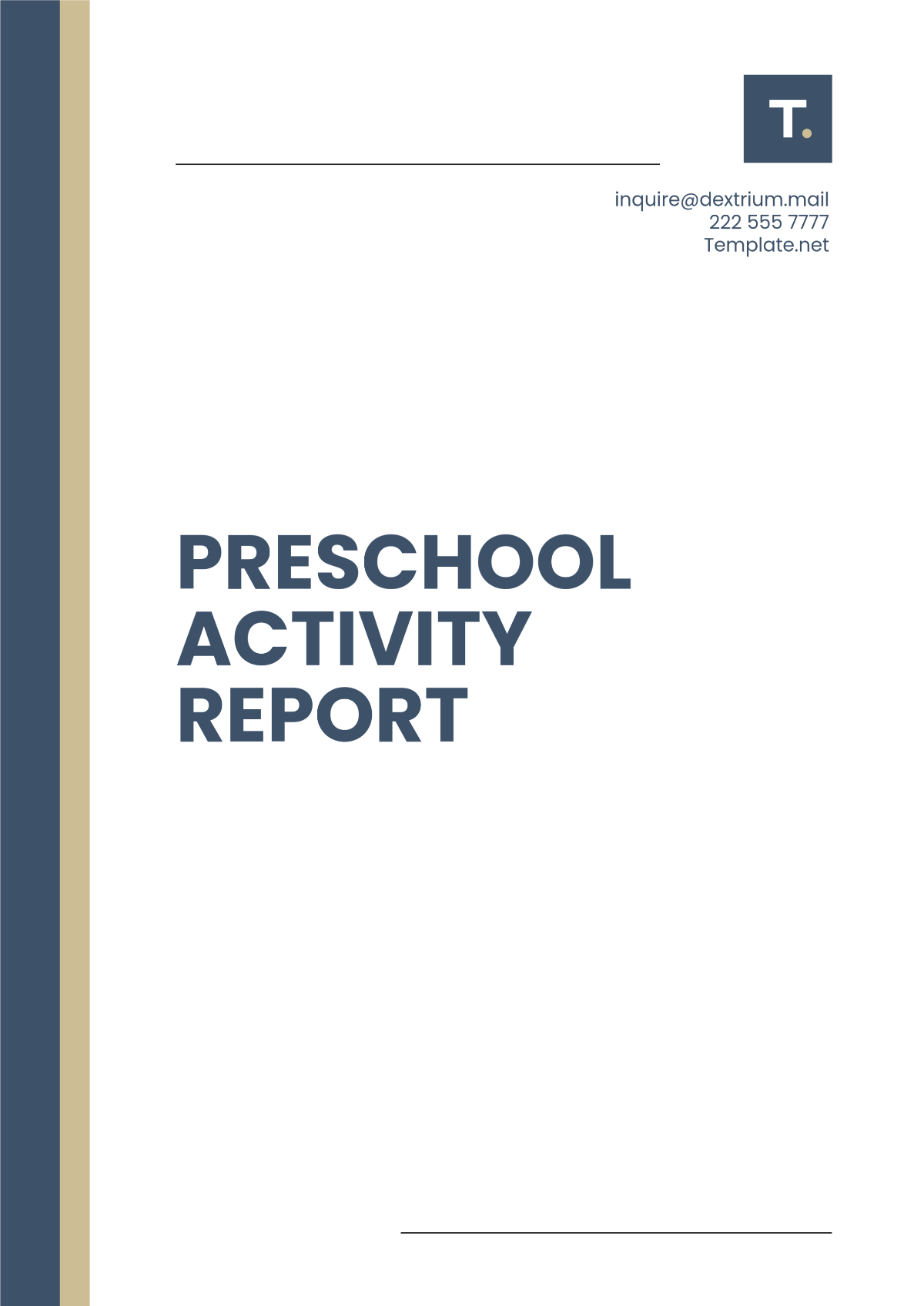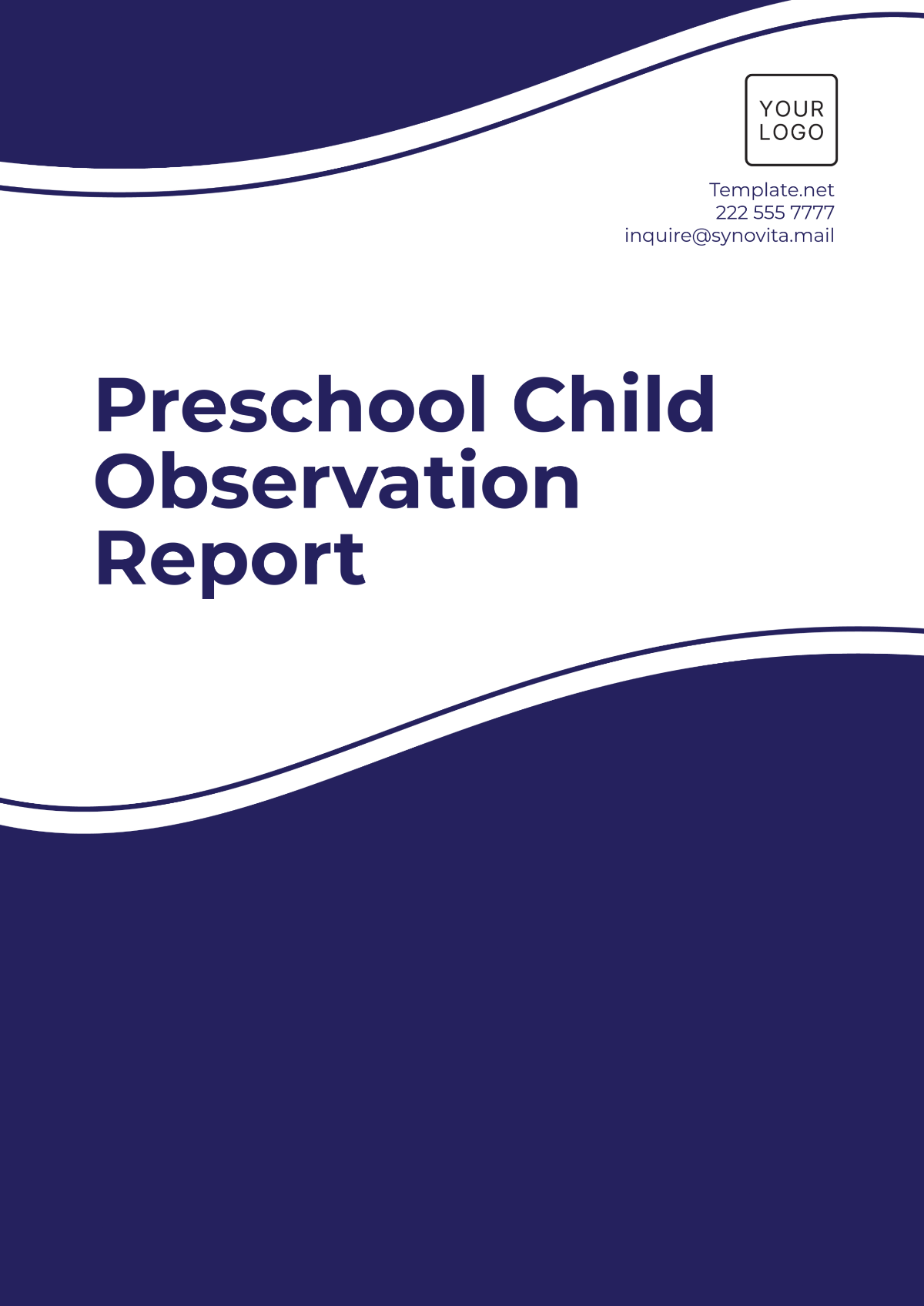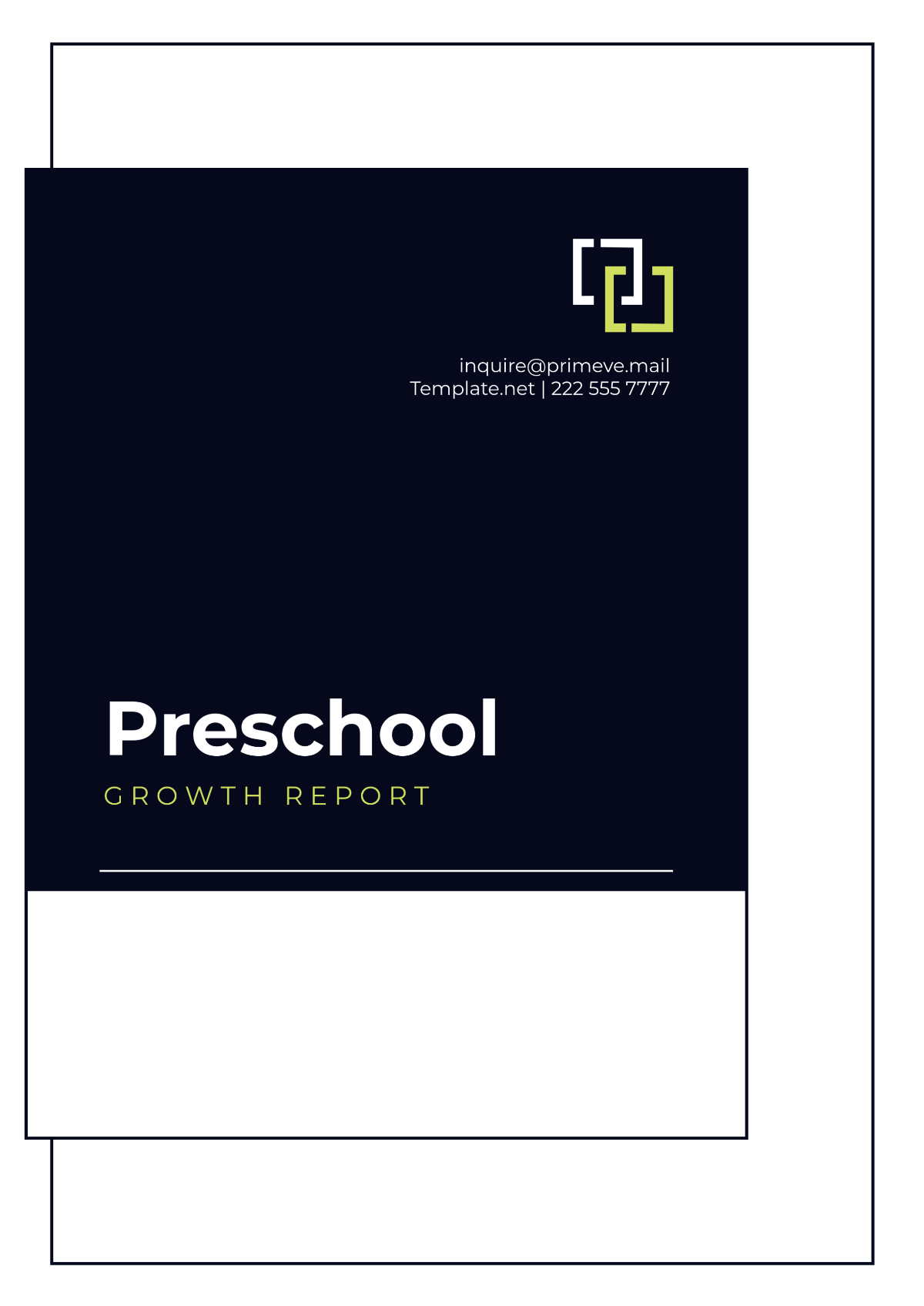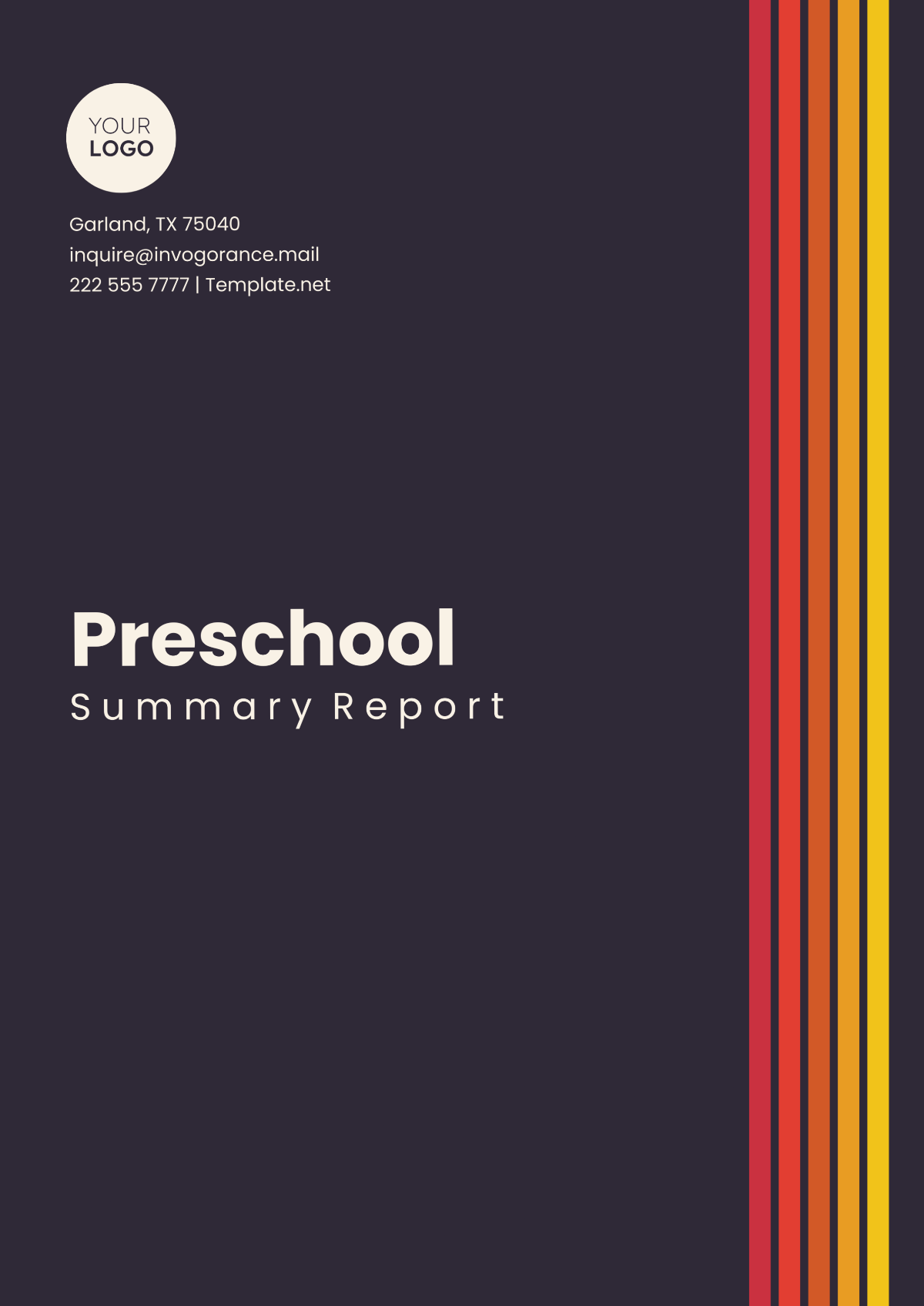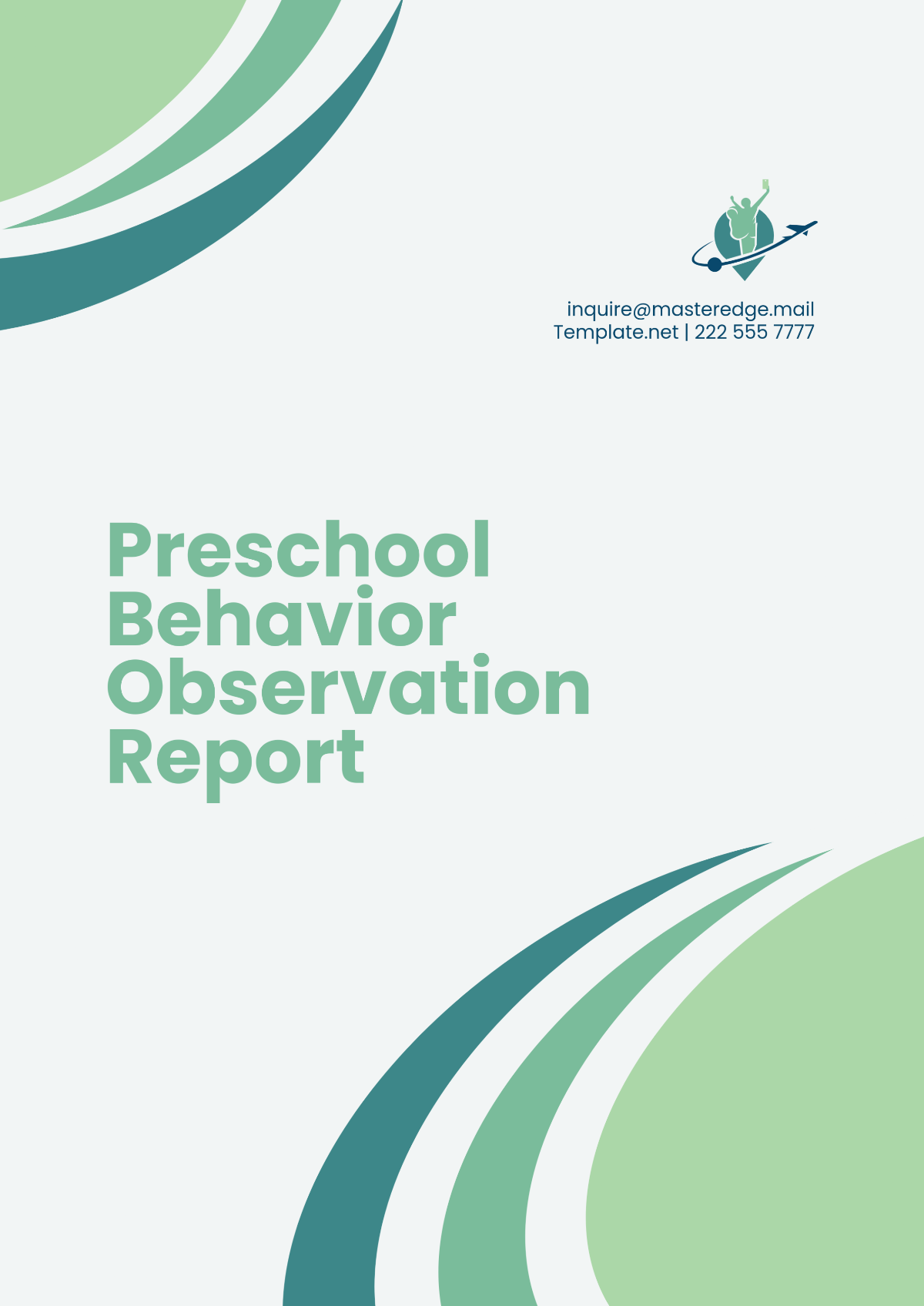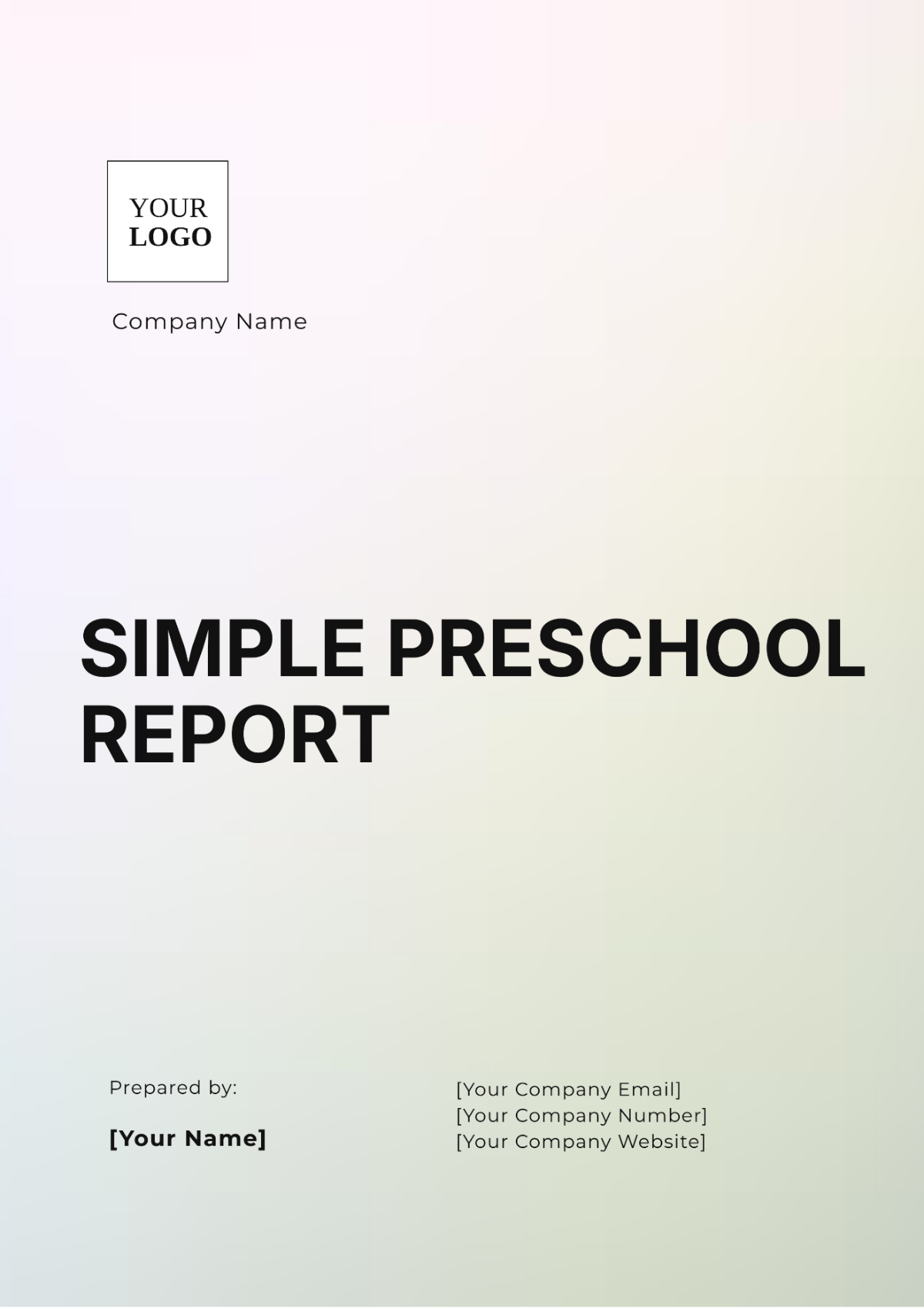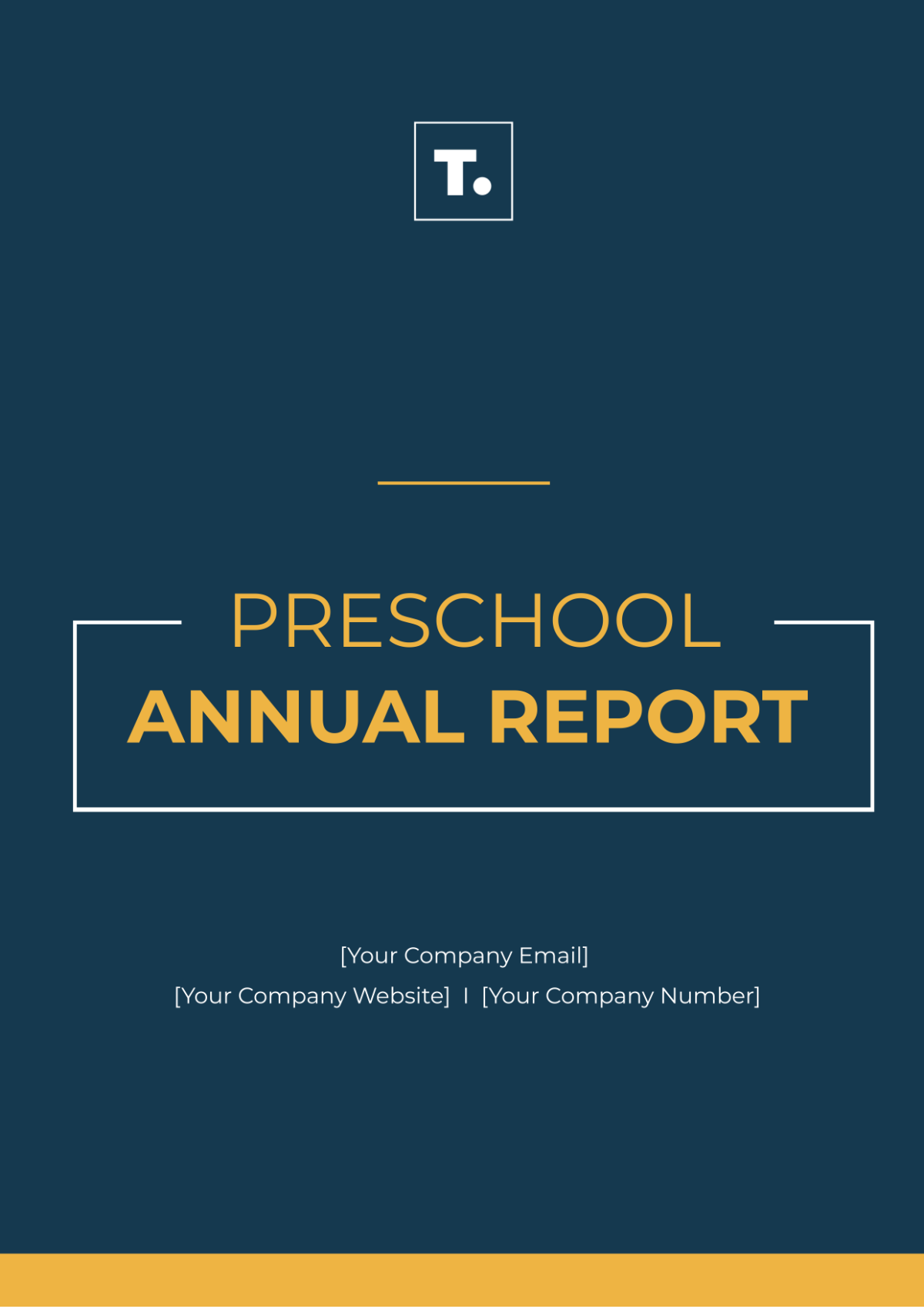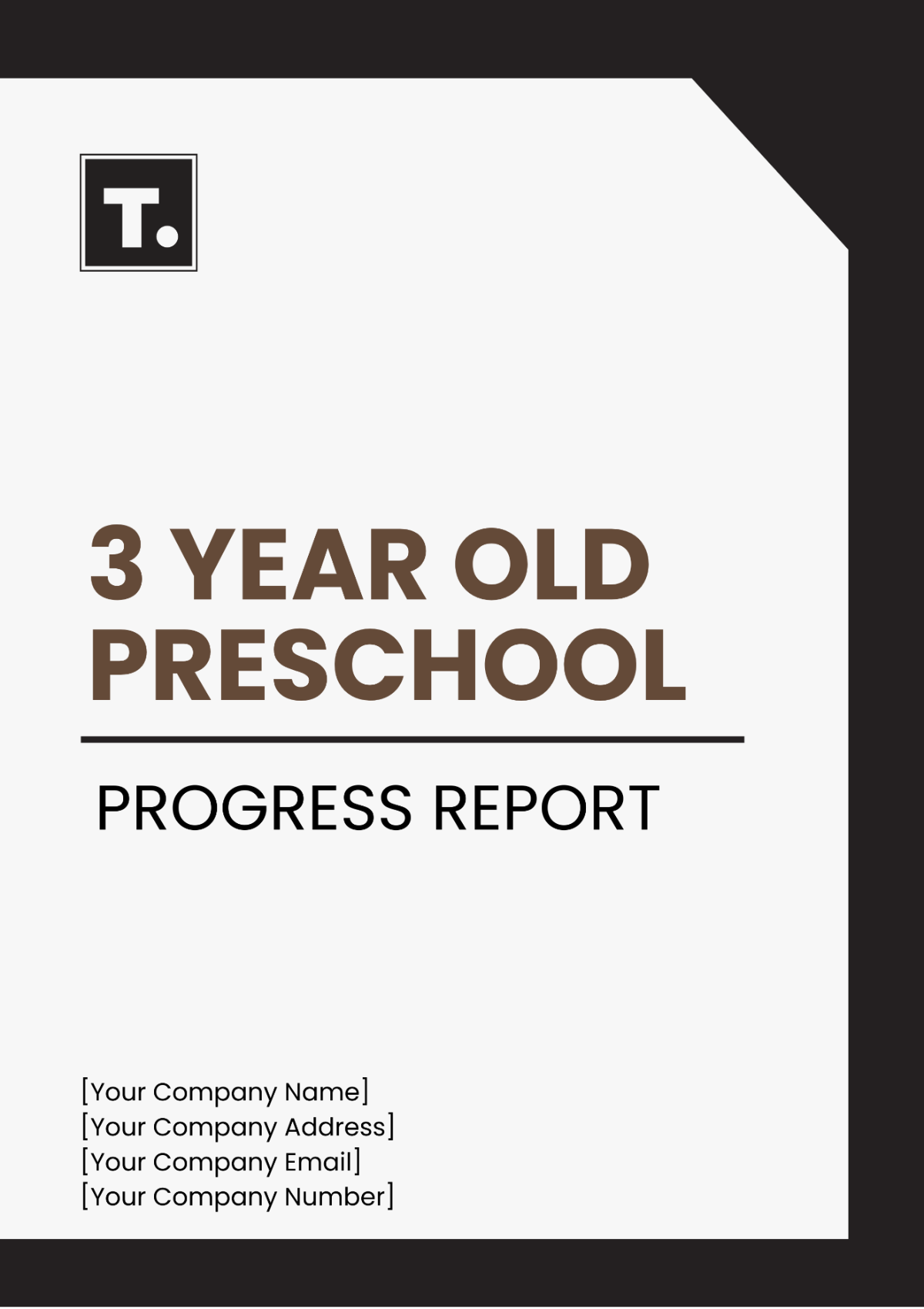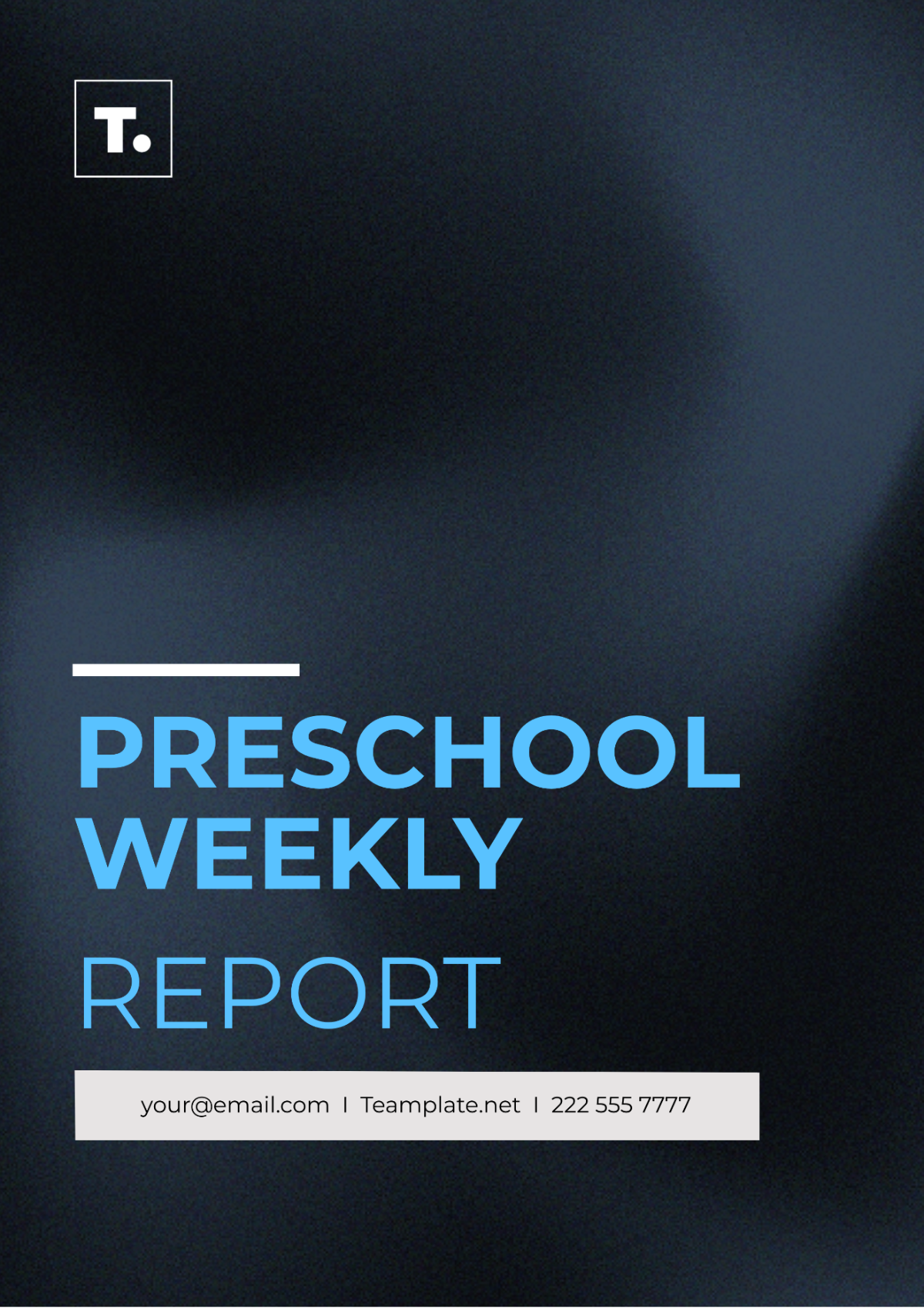Preschool Development Report Design
Date: | [DATE] |
|---|---|
Child's Name: | [CHILD'S FULL NAME] |
Age: | [CHILD'S AGE] |
Class/Group: | [CLASS OR GROUP NAME] |
I. INTRODUCTION
This section provides a brief overview of the child’s progress, development, and achievements during the reporting period. It will highlight areas such as cognitive, social, emotional, and physical development.
II. COGNITIVE DEVELOPMENT
Skills and Knowledge: Describe the child’s understanding of basic concepts, such as colors, shapes, numbers, and letters.
Problem-Solving Abilities: Note how the child approaches challenges and their ability to think critically and creatively.
Attention and Focus: Comment on the child’s ability to stay engaged in activities and follow instructions.
III. SOCIAL DEVELOPMENT
Interactions with Peers: Discuss how the child interacts with classmates, including sharing, cooperation, and conflict resolution.
Group Activities: Evaluate how the child participates in group settings, including team activities, circle time, or cooperative play.
Self-Expression: Observe the child’s ability to express thoughts and feelings with peers and adults.
IV. EMOTIONAL DEVELOPMENT
Self-Regulation: Assess how the child manages emotions, including anger, frustration, and excitement.
Confidence and Independence: Discuss the child’s level of self-confidence and ability to complete tasks independently.
Adaptability: Observe how well the child adjusts to changes in routine or new environments.
V. PHYSICAL DEVELOPMENT
Motor Skills: Evaluate both fine motor skills (e.g., using scissors, coloring, writing) and gross motor skills (e.g., running, jumping, climbing).
Coordination and Balance: Assess the child’s coordination during physical activities and their ability to maintain balance.
Health and Well-Being: Note any significant health-related issues or physical milestones, including sleep patterns, appetite, and any physical challenges.
VI. LANGUAGE DEVELOPMENT
Communication Skills: Comment on the child’s ability to communicate, including vocabulary, sentence structure, and clarity.
Listening and Understanding: Assess the child’s ability to follow verbal instructions and understand simple stories or directions.
Expressive Language: Note how well the child expresses their thoughts, ideas, and emotions verbally.
VII. CREATIVE DEVELOPMENT
Artistic Expression: Evaluate the child’s interest in and ability to engage with creative activities such as drawing, painting, or music.
Imagination and Play: Observe the child’s imaginative play, including role-playing, storytelling, or creating new games.
Exploration and Curiosity: Comment on the child’s willingness to explore new materials or ideas and their enthusiasm for learning.
VIII. PARENT/TEACHER COMMENTS
This section allows both the teacher and parents to provide feedback, insights, and suggestions for future growth and development. It can also include any goals or strategies to work on during the next period.
Teacher’s Comments: [TEACHER'S COMMENTS]
Parent’s Comments: [PARENT'S COMMENTS]
IX. AREAS FOR FURTHER DEVELOPMENT
In this section, outline key areas where the child would benefit from further support, growth, and learning opportunities. It can include specific goals for the next reporting period.
Focus Area 1: [FOCUS AREA AND GOAL]
Focus Area 2: [FOCUS AREA AND GOAL]
Focus Area 3: [FOCUS AREA AND GOAL]
X. CONCLUSION
Provide a final summary of the child’s development and progress, highlighting the major accomplishments during the period. Mention any plans for continued growth and offer an overall assessment of the child’s well-being.
Report Prepared By:
[YOUR NAME]
[YOUR POSITION]
[YOUR COMPANY NAME]
Date of Next Review: [DATE]
This report is confidential and intended for the child’s educational development only.
